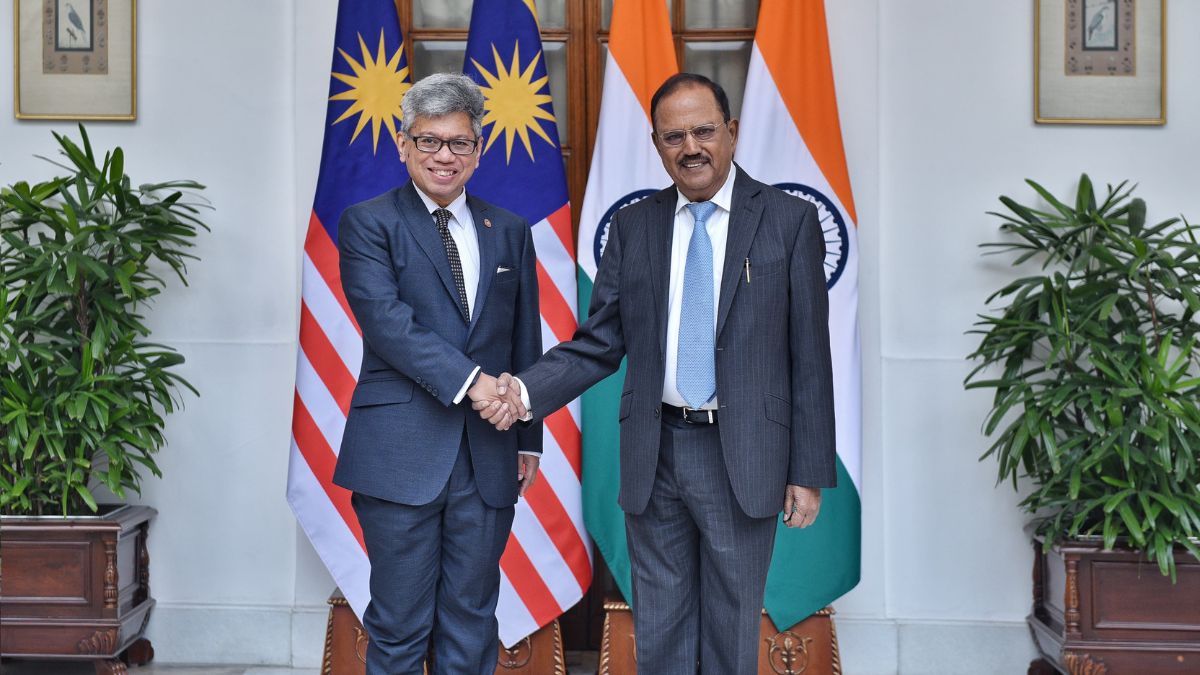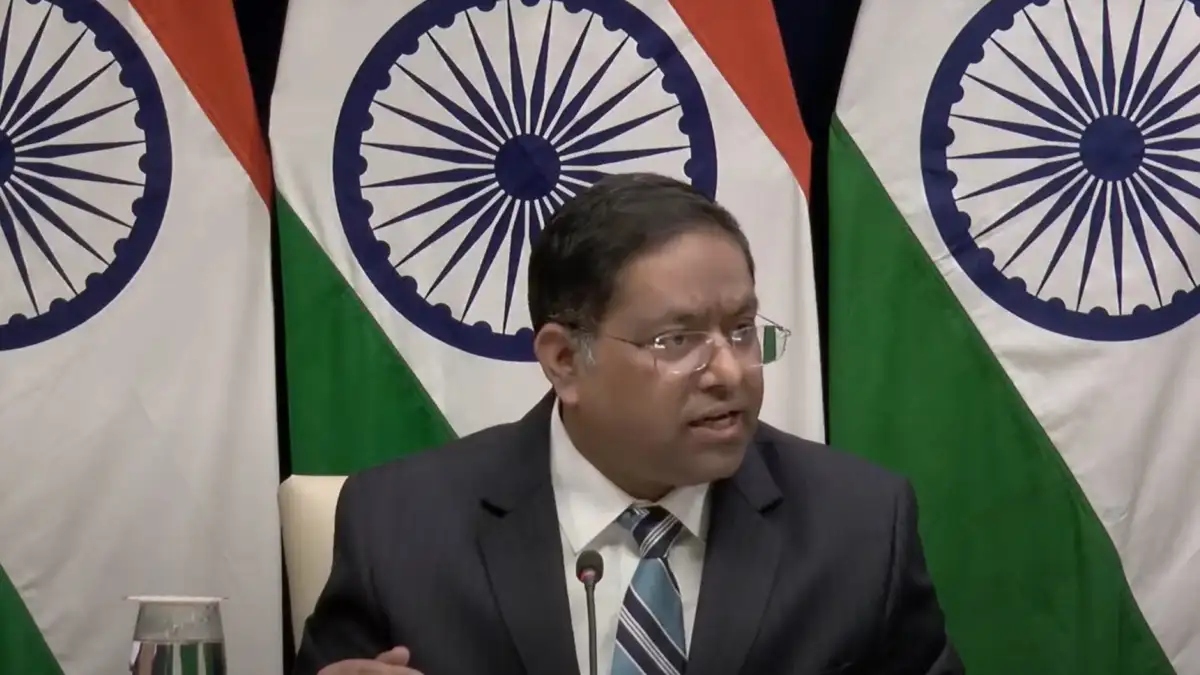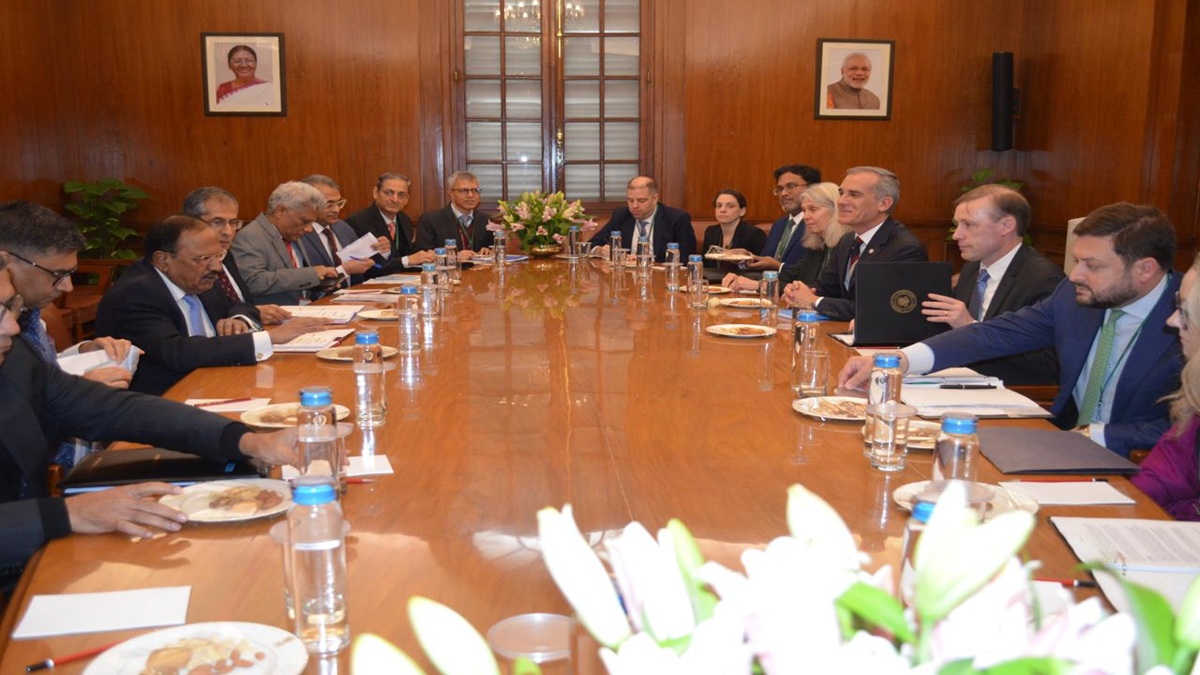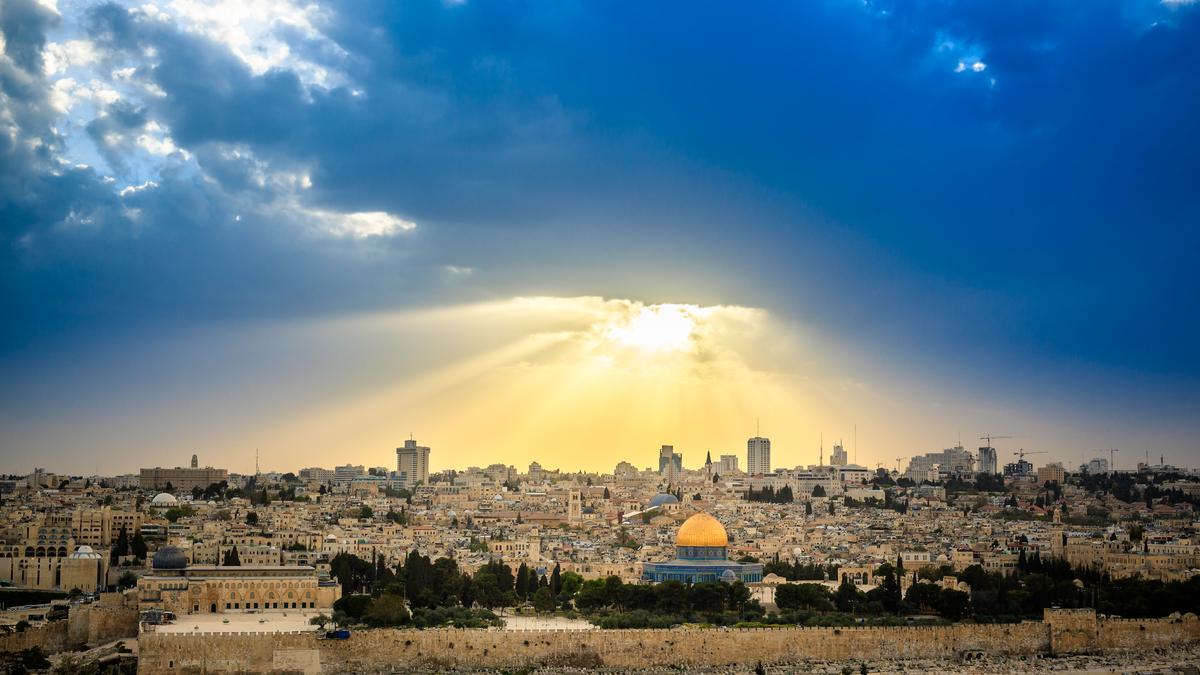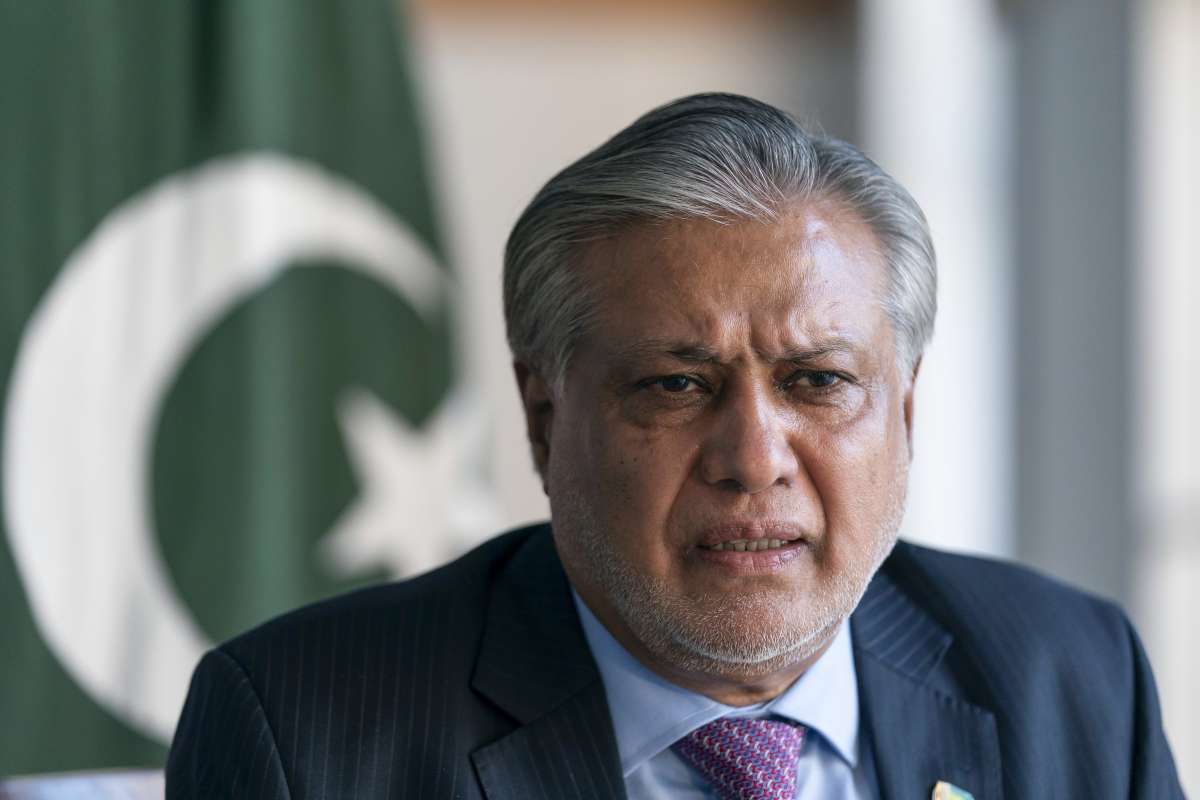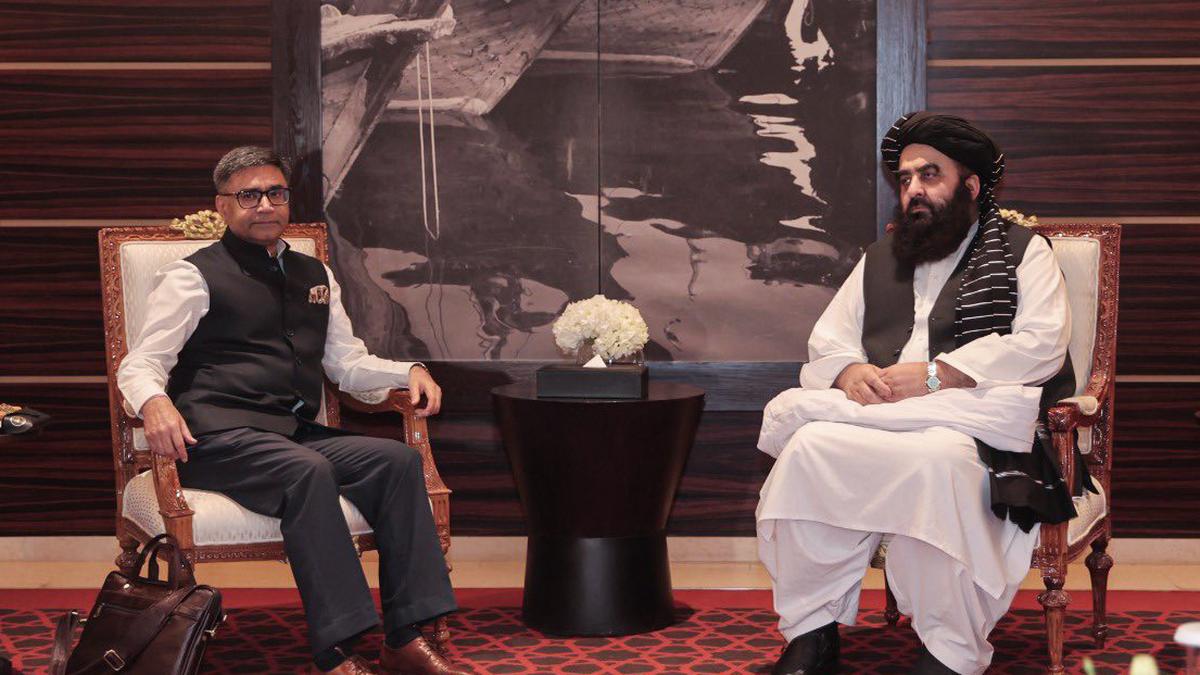)
India's reluctance to play greater role in Afghanistan shows Modi govt unwilling to shed Nehruvian foreign policy just yet
FirstpostAccording to the US’ Congressional Research Service, “India has been the largest regional contributor to Afghan reconstruction but New Delhi has not shown an inclination to pursue a deeper defence relationship with Kabul.” According to the US’ Congressional Research Service, which prepares periodic reports for American lawmakers to make informed decisions, “India has been the largest regional contributor to Afghan reconstruction but New Delhi has not shown an inclination to pursue a deeper defence relationship with Kabul.” This assertion is not without reason. Despite lofty claims, the Modi government has largely continued with India’s conventional non-interventionist policy in Afghanistan, as pursued by the previous regime. The Modi government has therefore largely preferred to continue with the UPA’s developmental approach in Afghanistan, and has travelled a little further in terms of strong defence cooperation with the beleaguered Kabul regime. But the logic of Pakistani provocation seems unsatisfactory now in view of the public announcement of “surgical strikes” in 2016 and “aerial strikes” in 2019 against Pakistan after terrorist attacks on Indian territory were found to be planned and engineered by Pakistan-based terrorists: if New Delhi believed that it could manage Pakistan’s retaliation following these strikes, then it could have easily managed assumed Pakistani retaliation against India’s robust military support to the Afghan government. India’s continued reluctance to participate in the stabilisation of Afghanistan by scaling up bilateral military cooperation can also be explained by the sustained influence of the Nehruvian strategic culture in Indian foreign policy bureaucracy that privileges non-alignment and non-intervention, unless vital security stakes are at stake.
History of this topic
)
How Foreign Secretary’s meeting with Taliban highlights India’s nuanced Afghan policy
Firstpost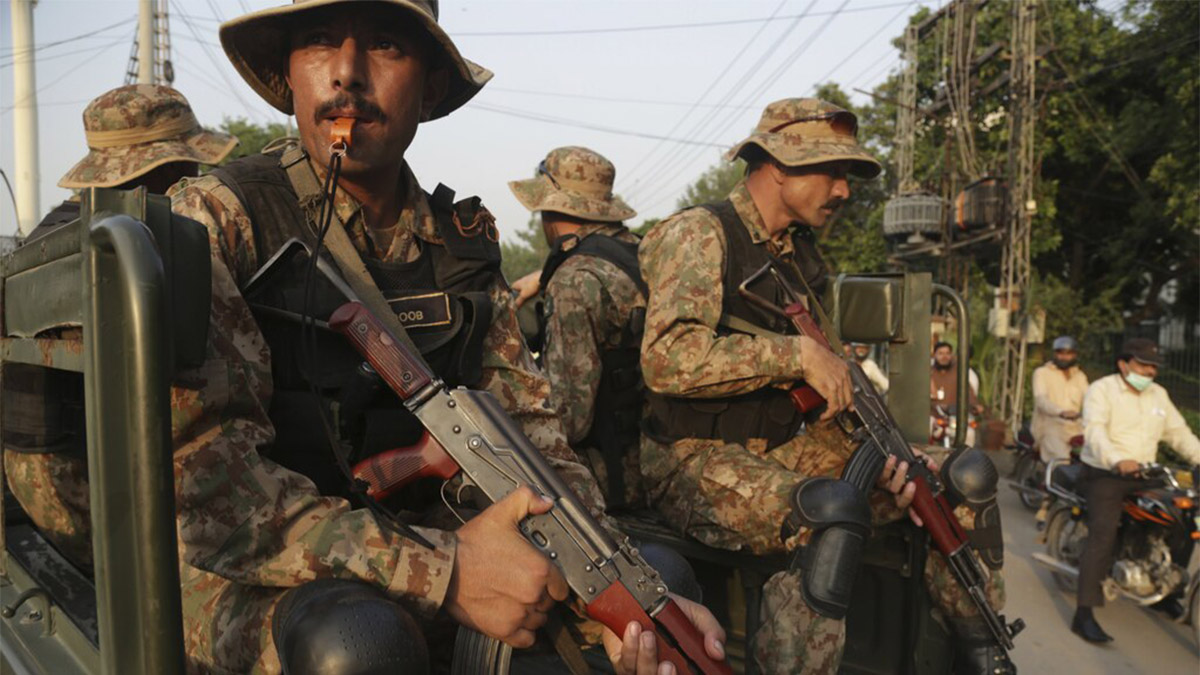)
Pakistan, a breeder of terror, fears death by bleeding at the hands of Frankenstein it created
Firstpost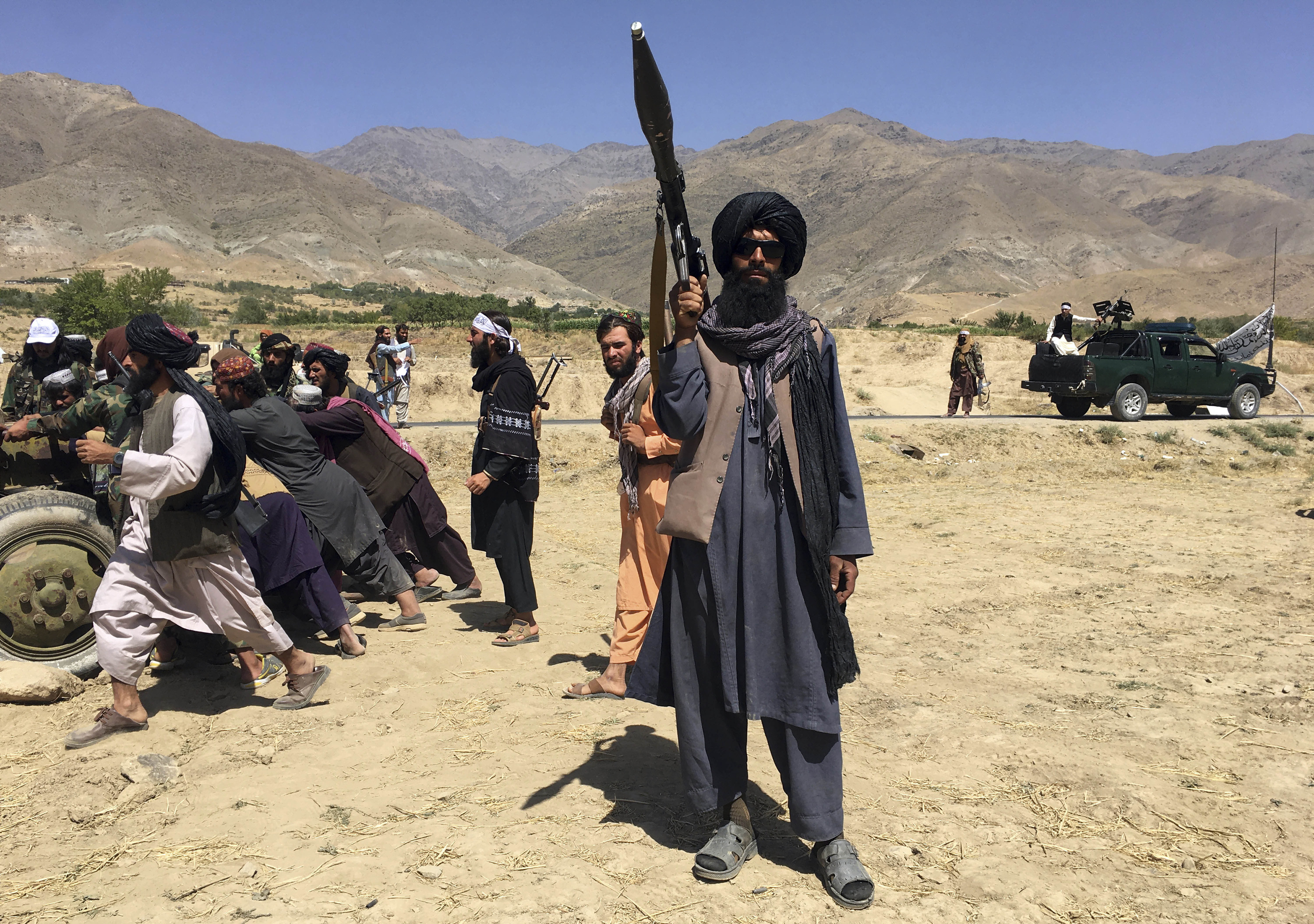
Syed Ata Hasnain | The Pak-Afghan standoff & its repercussions for India
Deccan Chronicle
Syed Ata Hasnain | The Pak-Afghan standoff & its repercussions for India
Deccan Chronicle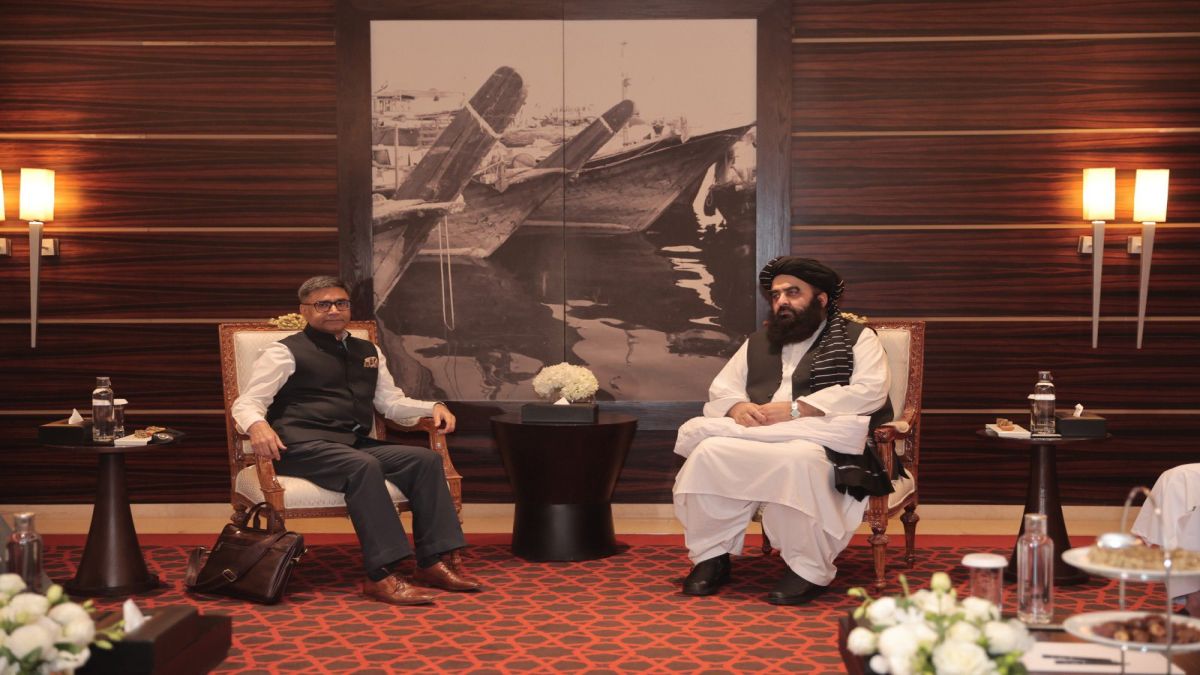)
How India chose pragmatism over ideology by engaging with Taliban 2.0
Firstpost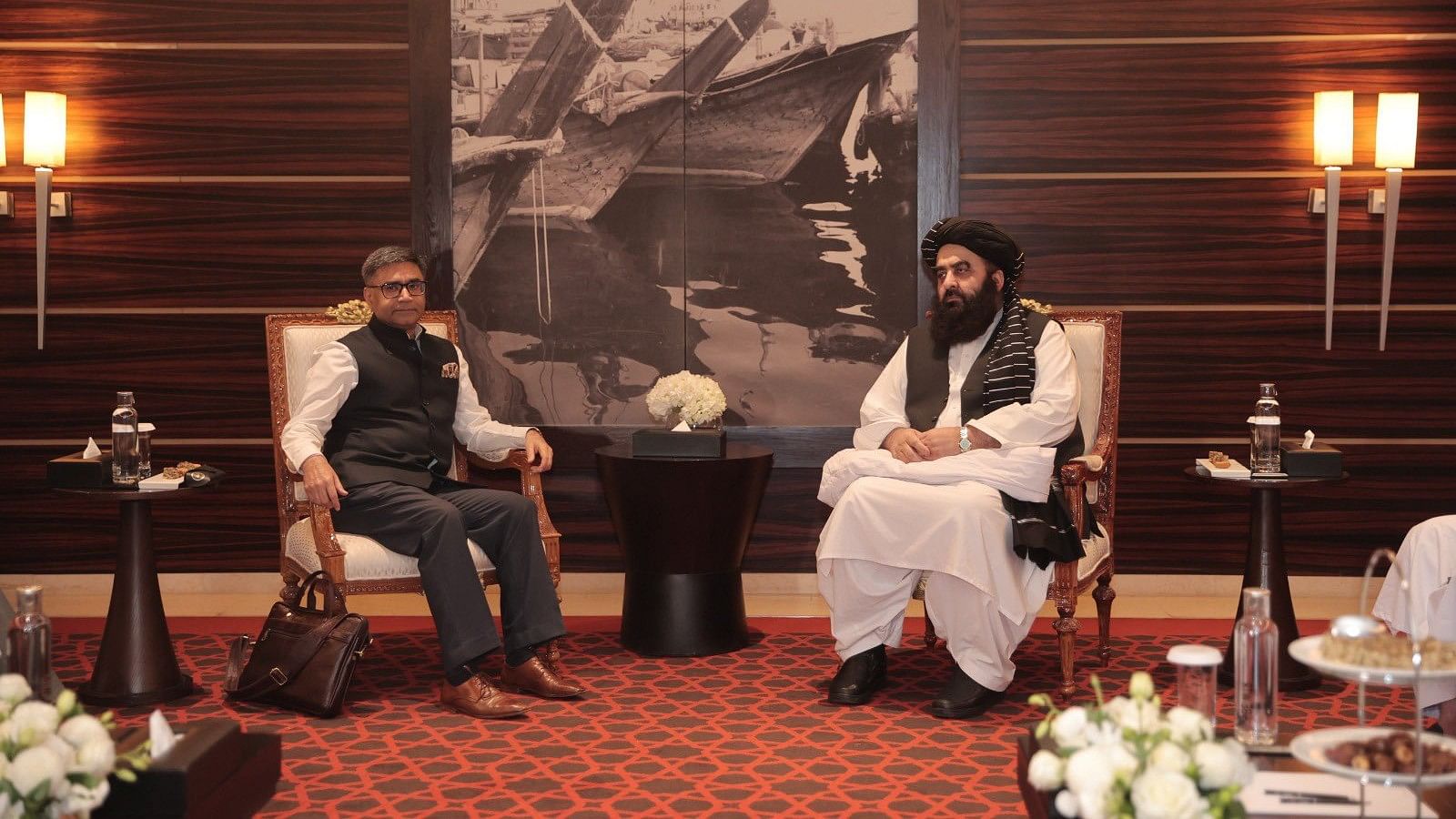
What is Driving India's New Diplomatic Strategy with the Taliban?
The Quint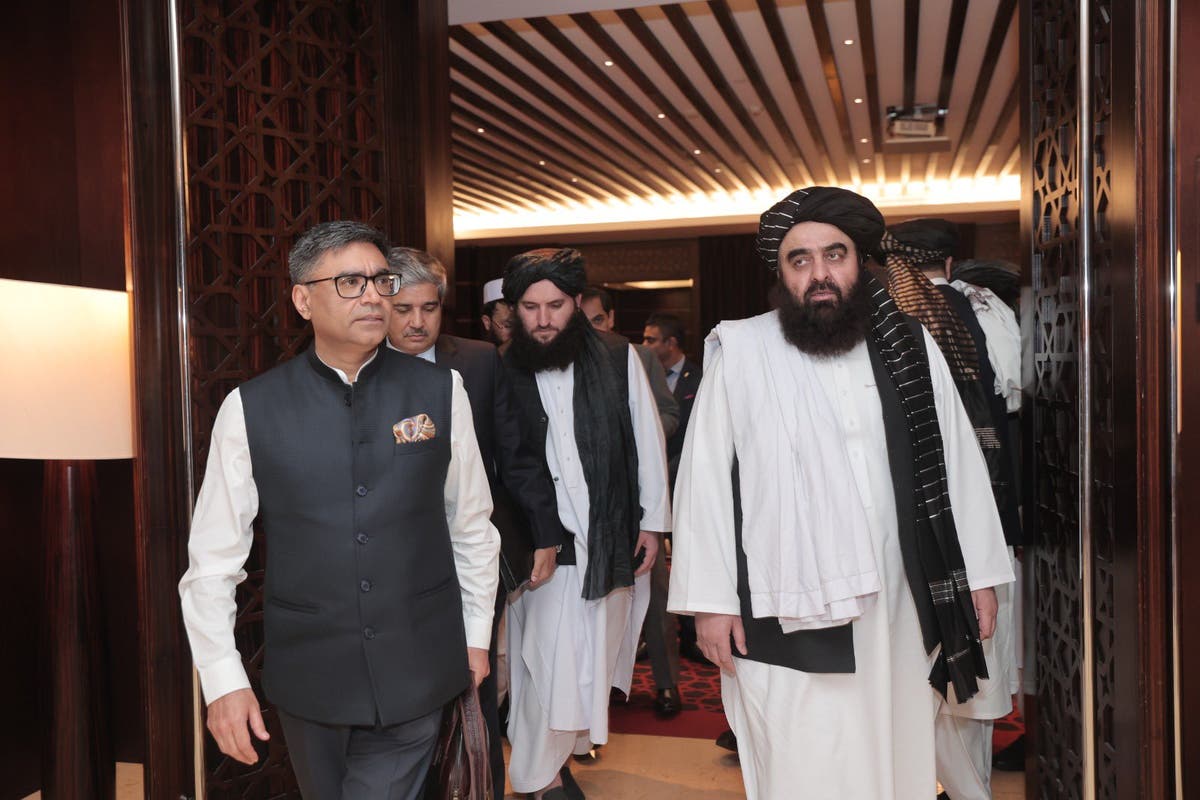
India holds highest-level talks with Taliban over security concerns, trade and aid
The Independent)
From allies to rivals: How Taliban-led Afghanistan’s shift towards India rattles Pakistan
Firstpost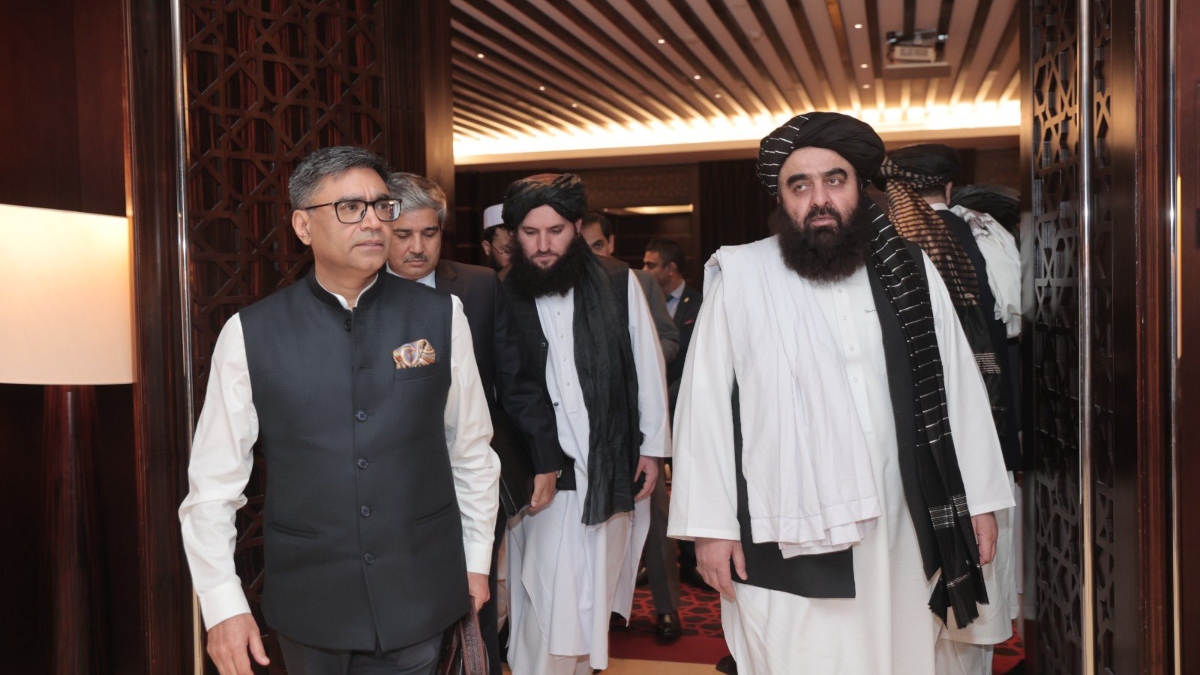
A shocker for Pakistan? Here’s how India-Afghan Taliban reshape ties with first high-level talks | Explained
India TV News
Indian and Afghan officials meet again despite lack of formal diplomatic ties
Associated Press
With Trump looming, Pakistan braces for foreign policy challenges in 2025
Al Jazeera
Why are relations between Pakistan and Afghanistan so tense?
Al Jazeera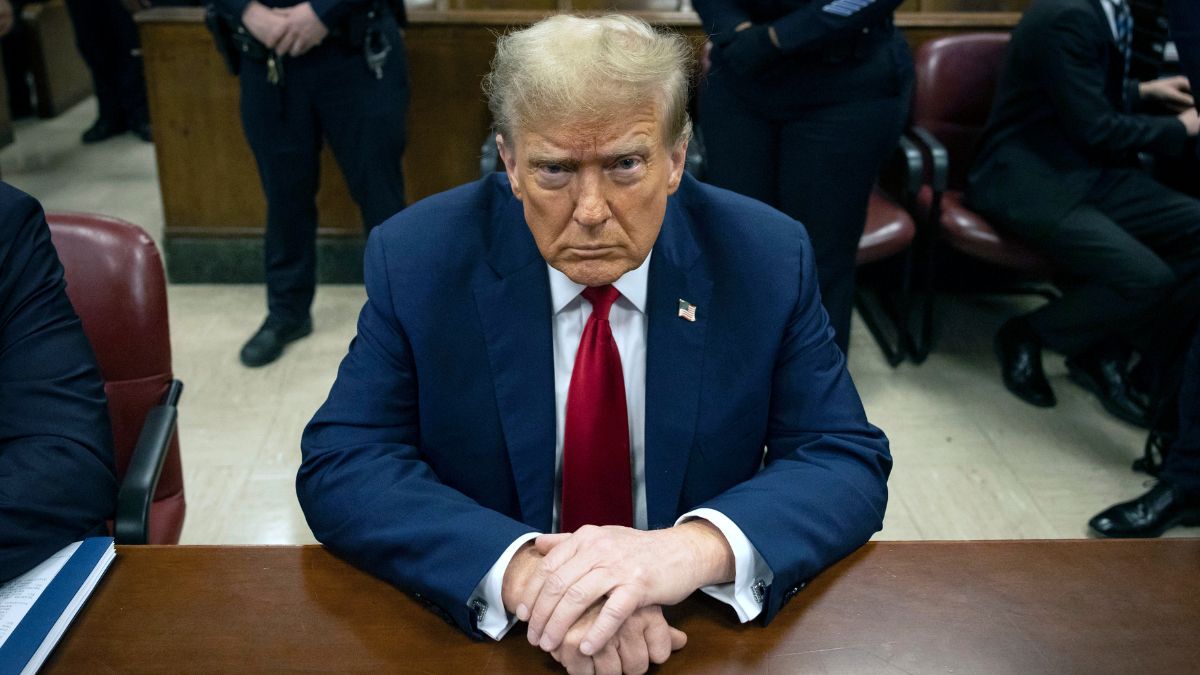)
How return of Donald Trump as POTUS is bad news for Pakistan
Firstpost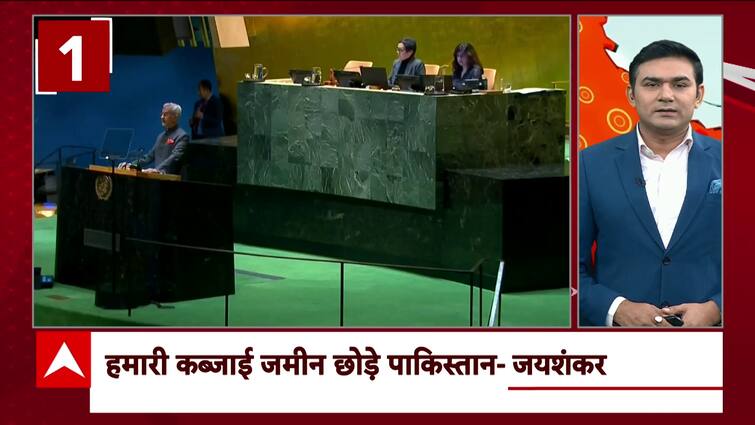
India's Ambitious Stance on Pakistan's Role in Kashmir: A Crucial Moment in Indo-Pak Relations
ABP News
Three years since fall of Afghanistan: Why India is engaging with Taliban | ITG Exclusive
India Today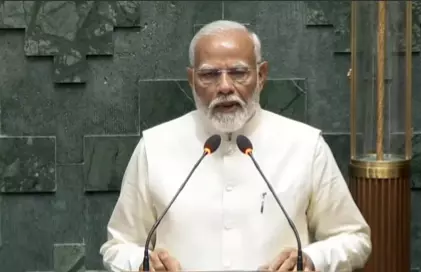
Pakistan terms PM Modi’s remarks as jingoism
Deccan Chronicle
India-Pakistan relations: US says, ‘We will continue to…’
Live Mint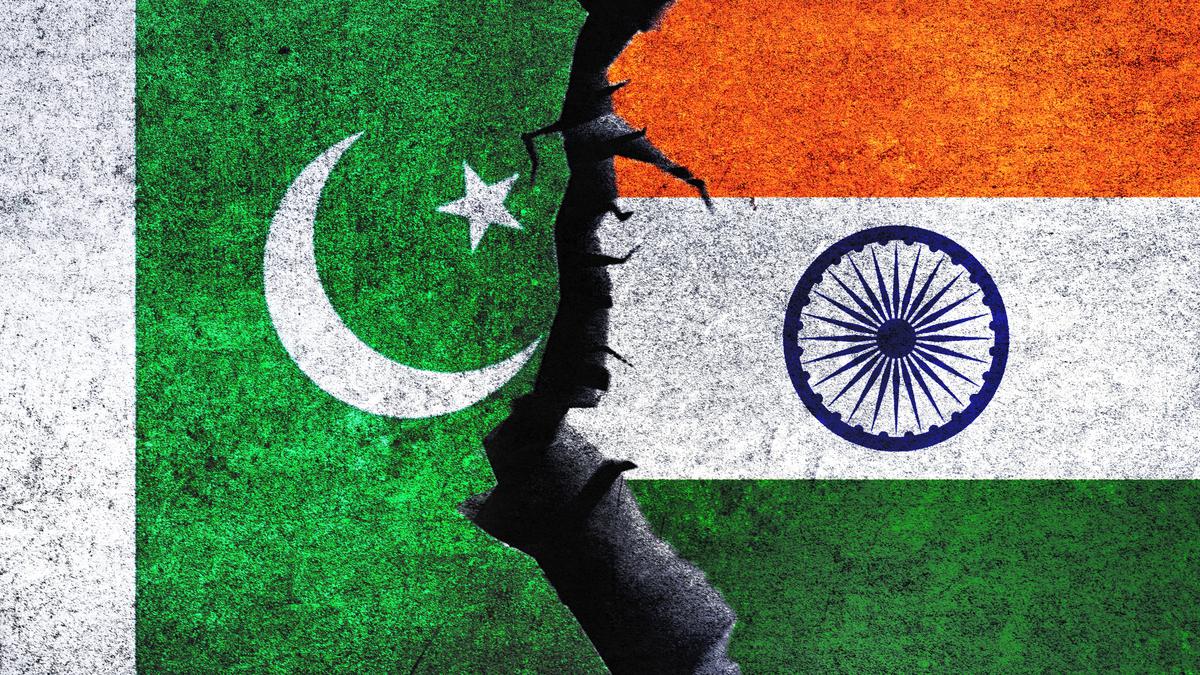
What do India’s anti-terror comments mean for the country’s foreign policy | In Focus podcast
The Hindu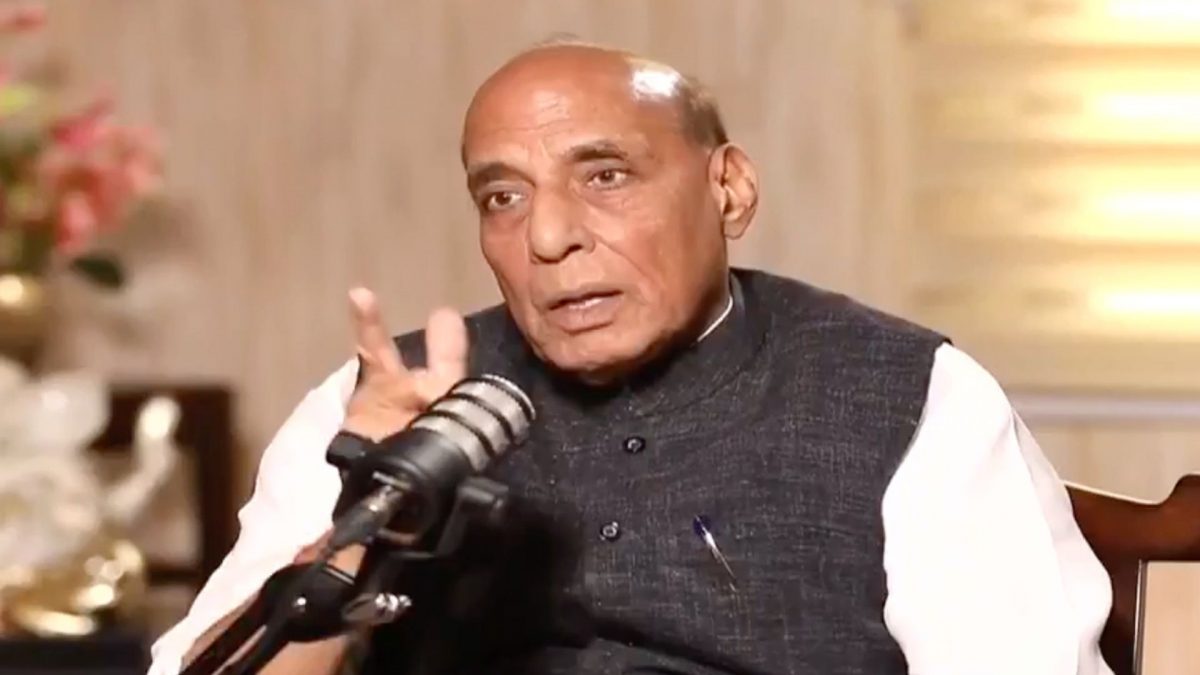)
India’s hand in extraterritorial killings of terrorists: Hackneyed Pakistani strategy and new low of British media
Firstpost
Pakistan reacts to defence minister Rajnath Singh’s 'ghus kar marenge' remarks on terrorism
Hindustan Times
'Pakistan mein ghus kar marenge': Rajnath Singh's stern warning to terrorists | 5 quotes
Hindustan Times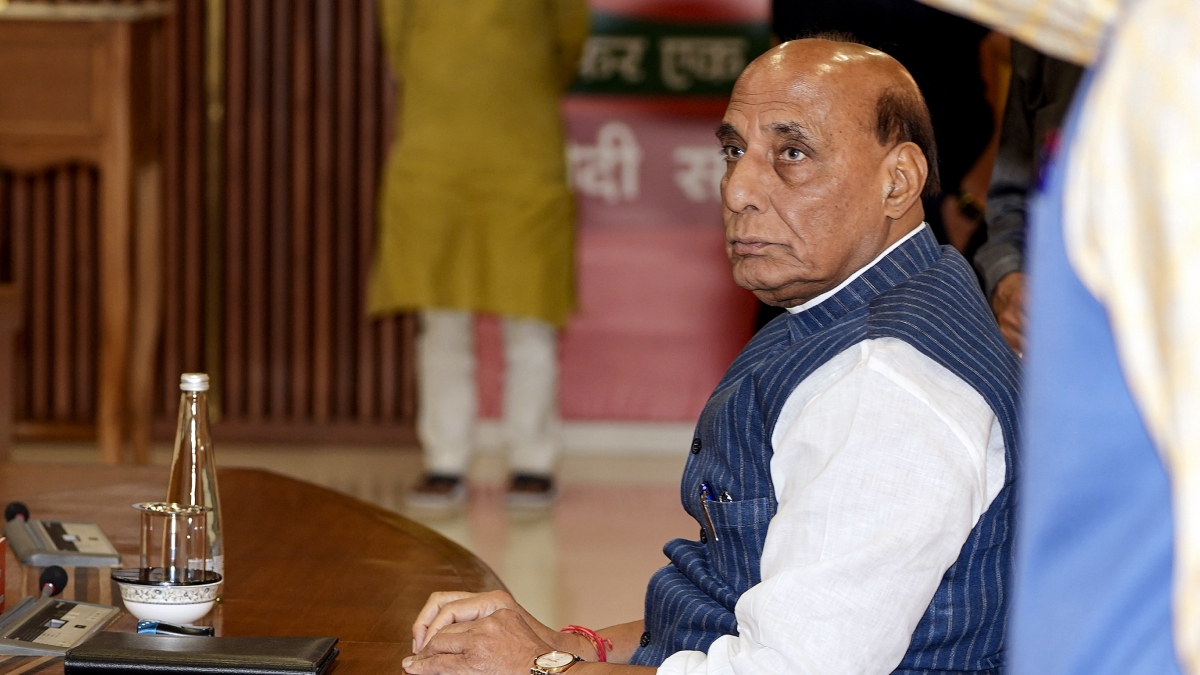
India will enter Pakistan to kill terrorists who flee there: Defence Minister Rajnath Singh
India TV News
India, Iran & Afghanistan: How Pakistan’s ‘Bleed Neighbours With Terrorism’ Policy Has Backfired
Hindustan Times
India-Taliban Ties: 'Modi Govt A Key Player In The Great Game In Afghanistan' | South Asia Diary
Hindustan Times
New Delhi's priorities align with global community's overall objective in Afghanistan: India at UN
New Indian Express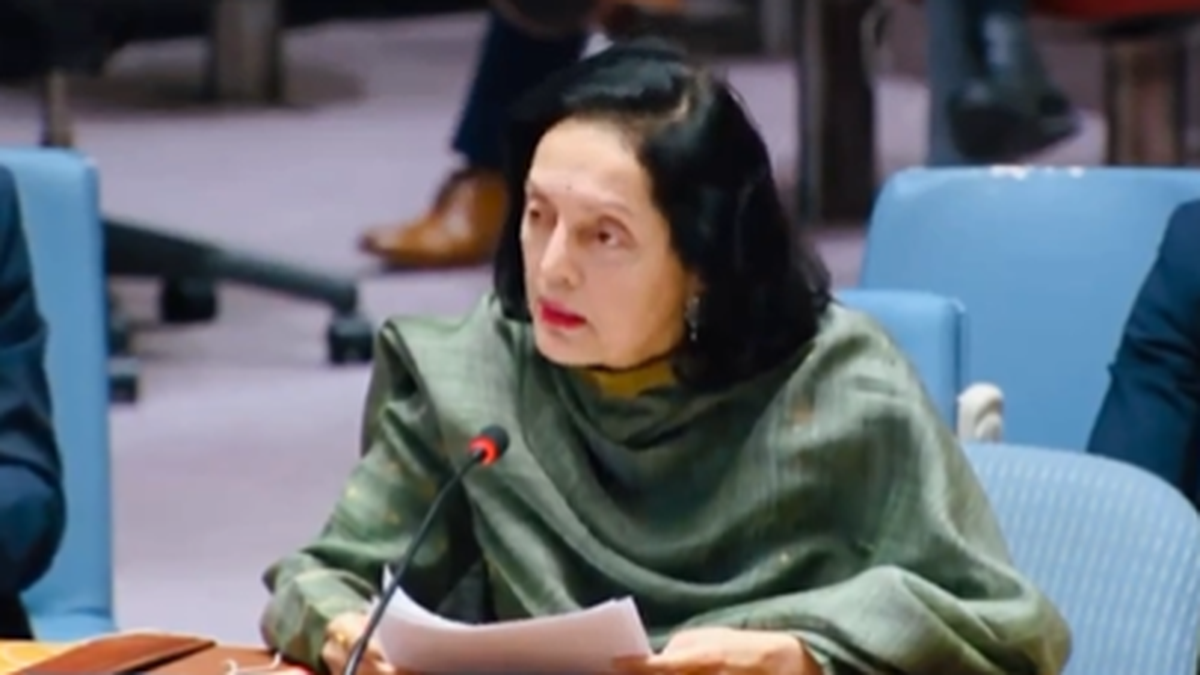
India calls for formation of an inclusive and representative government structure in Afghanistan
The Hindu
Kamal Davar | Amidst global churn India, US need a new road to Kabul
Deccan Chronicle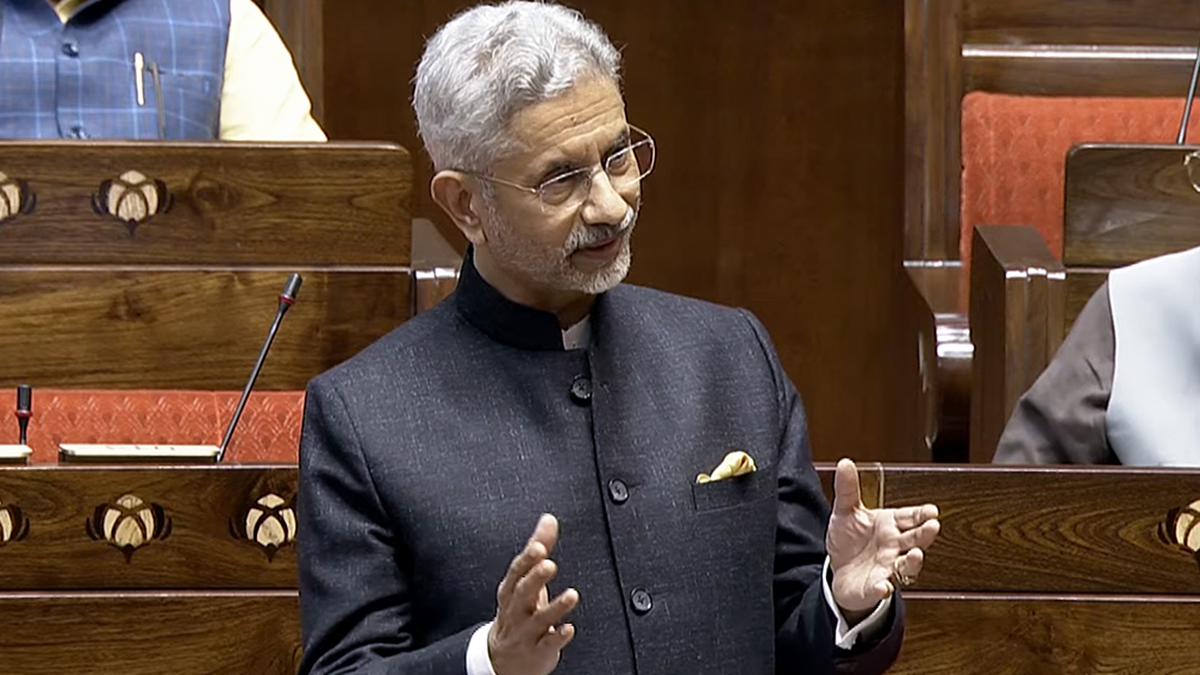
India's approach to Afghanistan continues to be guided by historical relations, friendship with Afghan people: Jaishankar
The Hindu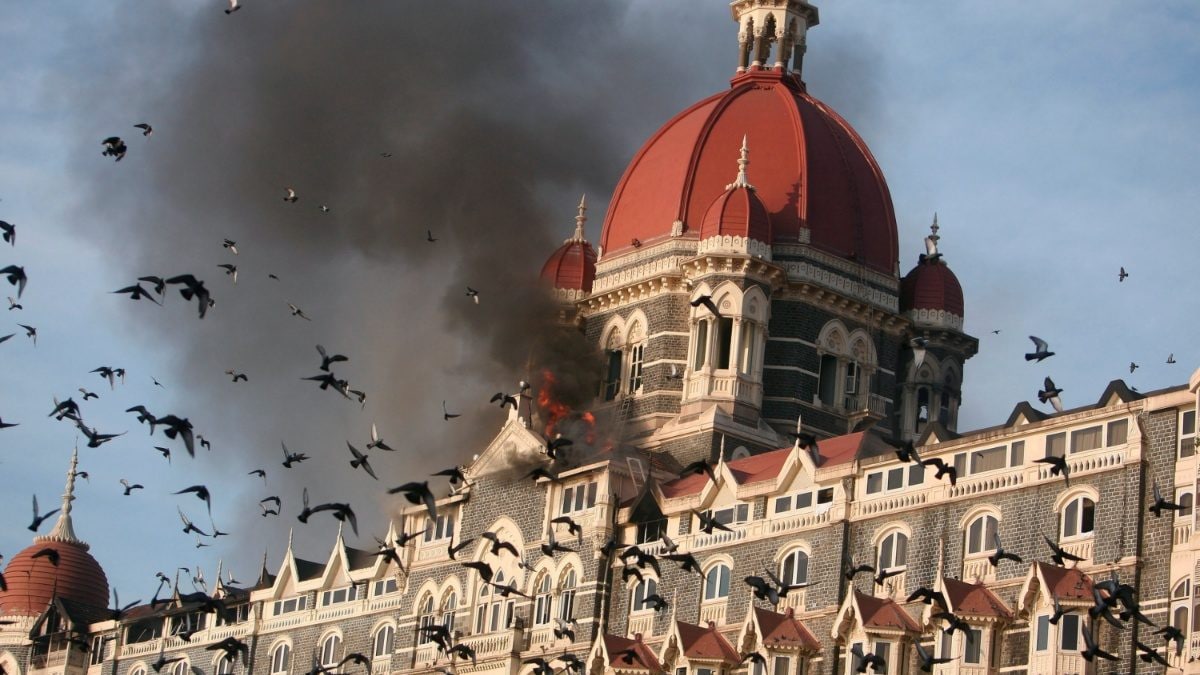
15 Years After 26/11, India is a Transformed Nation in Security Realm, But It Still Needs That X Factor
News 18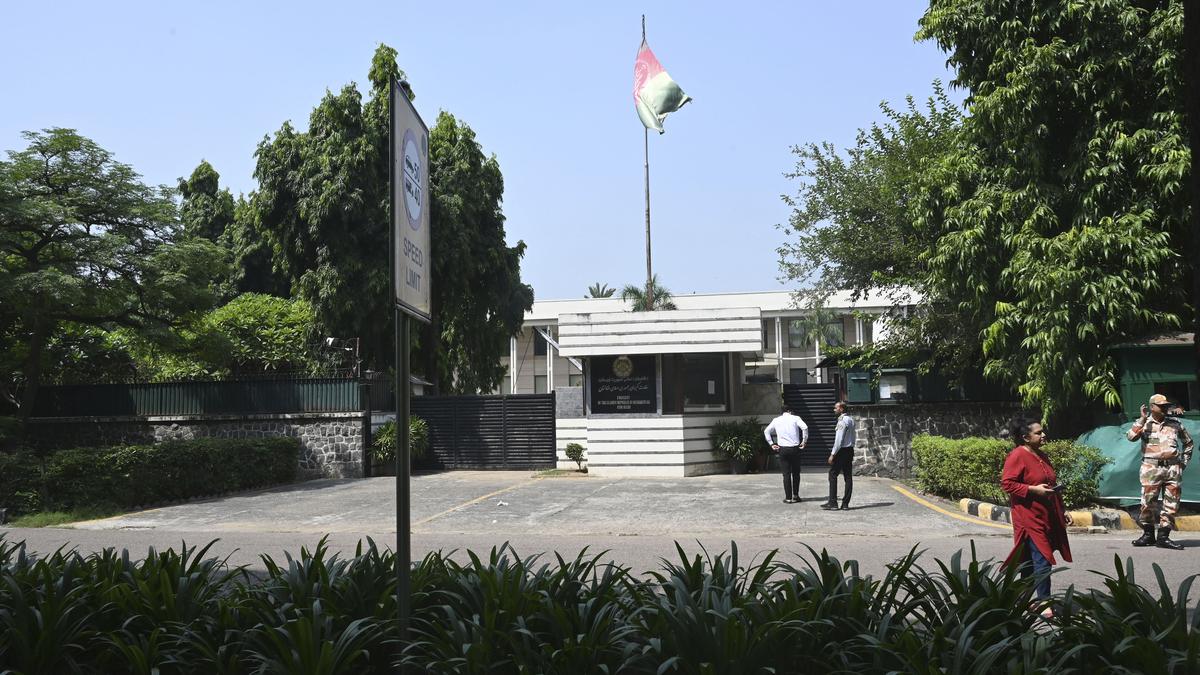
Afghan consulates counter embassy’s decision to shut down
The Hindu
Why are we targetting Pakistani people, asks Mani Shankar Aiyar: 'Until Modi...'
Hindustan Times
A Year on, Denial of Visas to Muslim Afghans Depleting India’s Limited Goodwill
The Quint
Biden-Modi meet: Pakistan calls India-US joint statement ‘one-sided, misleading’
Live MintKamal Davar | The quagmire of Afghanistan as Kabul, Kandahar in a power tussle
Deccan Chronicle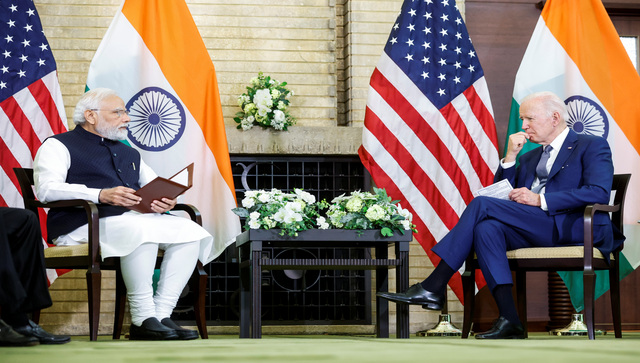)
The US primarily looks after its own interests: Can Washington be a good ally?
Firstpost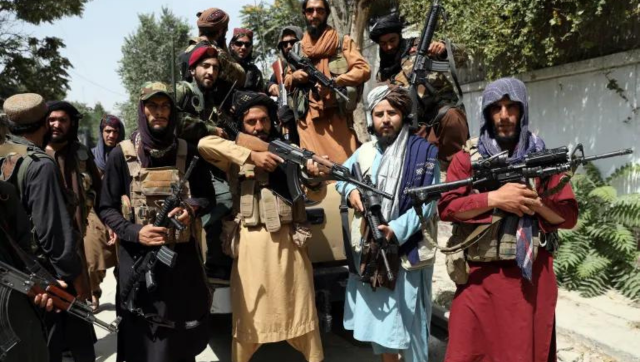)
Failed to 'liberate' even an inch of Kashmir from India: Taliban taunts Pakistan Army
Firstpost
Another India-Pakistan war? High possibility of military retaliation: US intel
Live Mint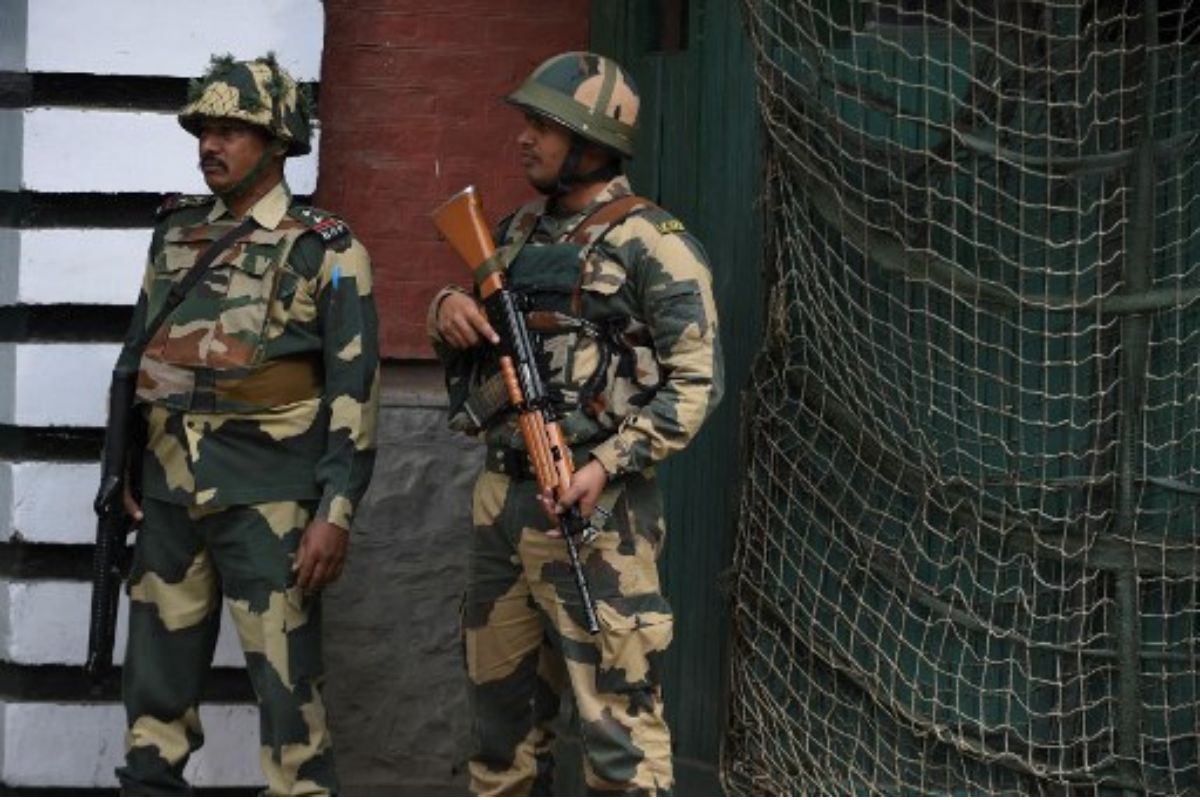)
India-Pak Tensions Raise Risk of Conflict, Delhi Under Modi Likely to Respond with Force: US Intel
News 18
Under PM Modi, India more likely to give military response: US Intelligence
Deccan Chronicle
Under PM Modi, India more likely to use military force on Pak provocation: US report
India Today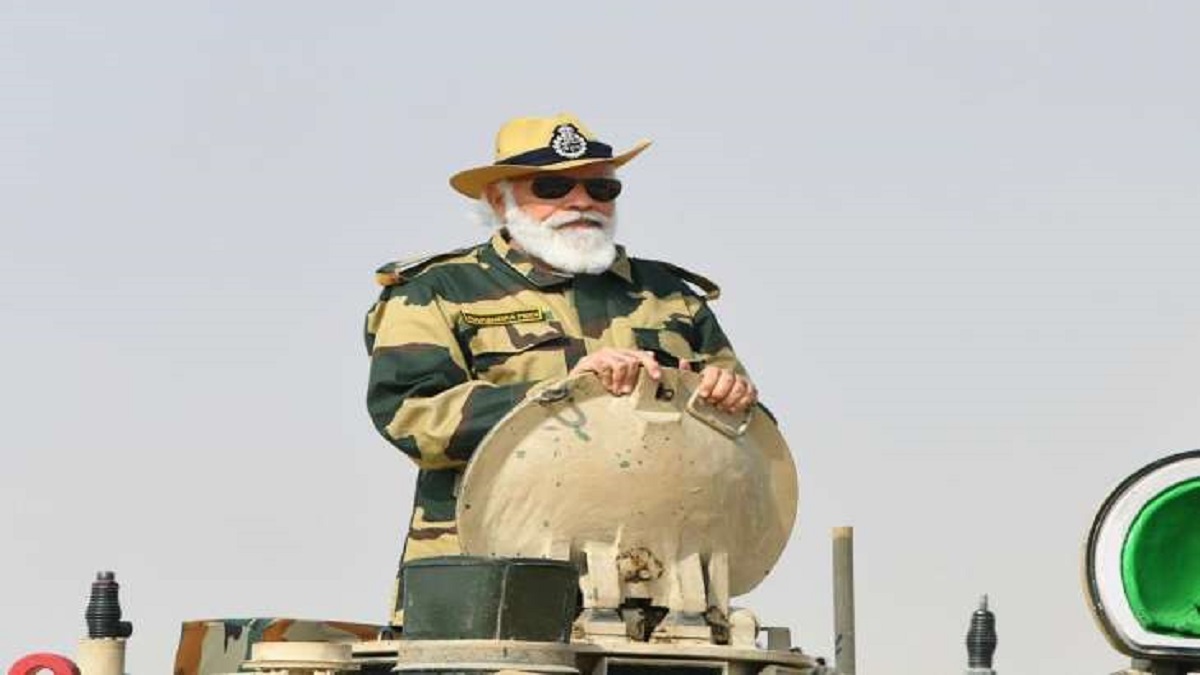
Under PM Modi, India more likely to give military response: US Intelligence
India TV News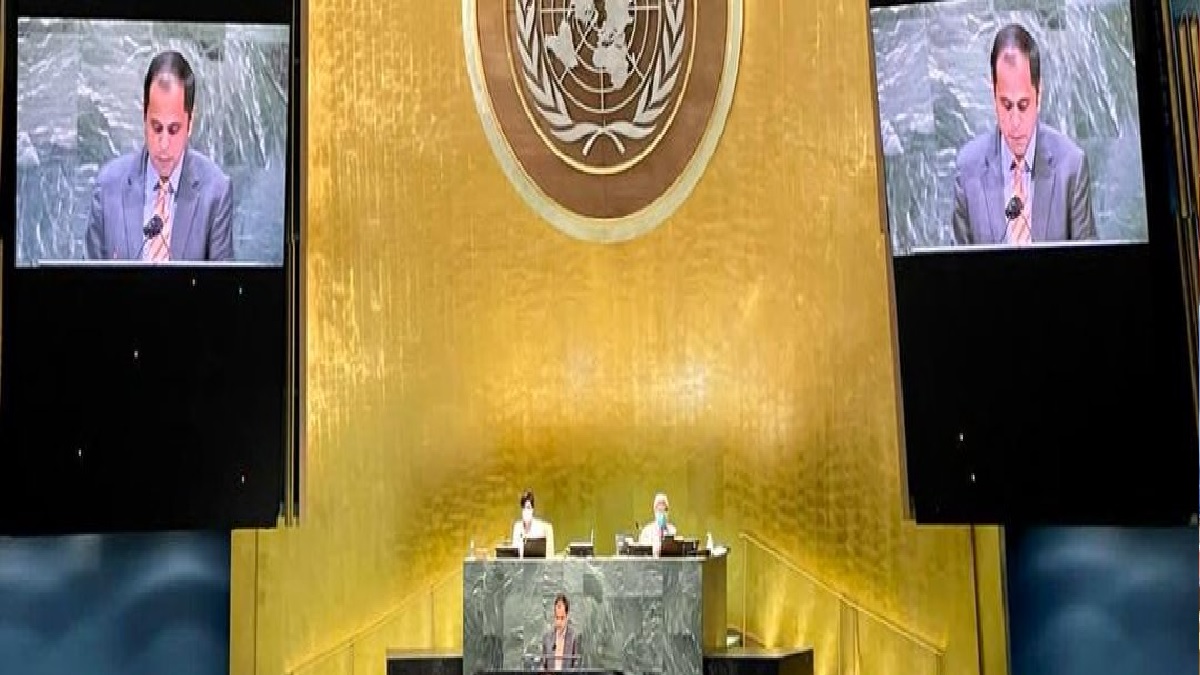
Look at yourself as state that provides safe havens to terrorists: India slams Pakistan at UNGA
India TV News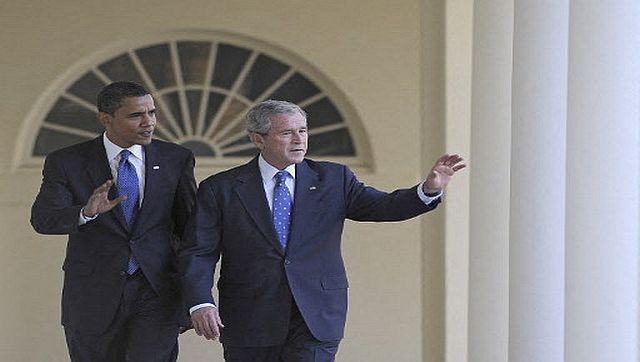)
'India is a friend. Pakistan is not': What George W Bush told Barack Obama in secret memos
Firstpost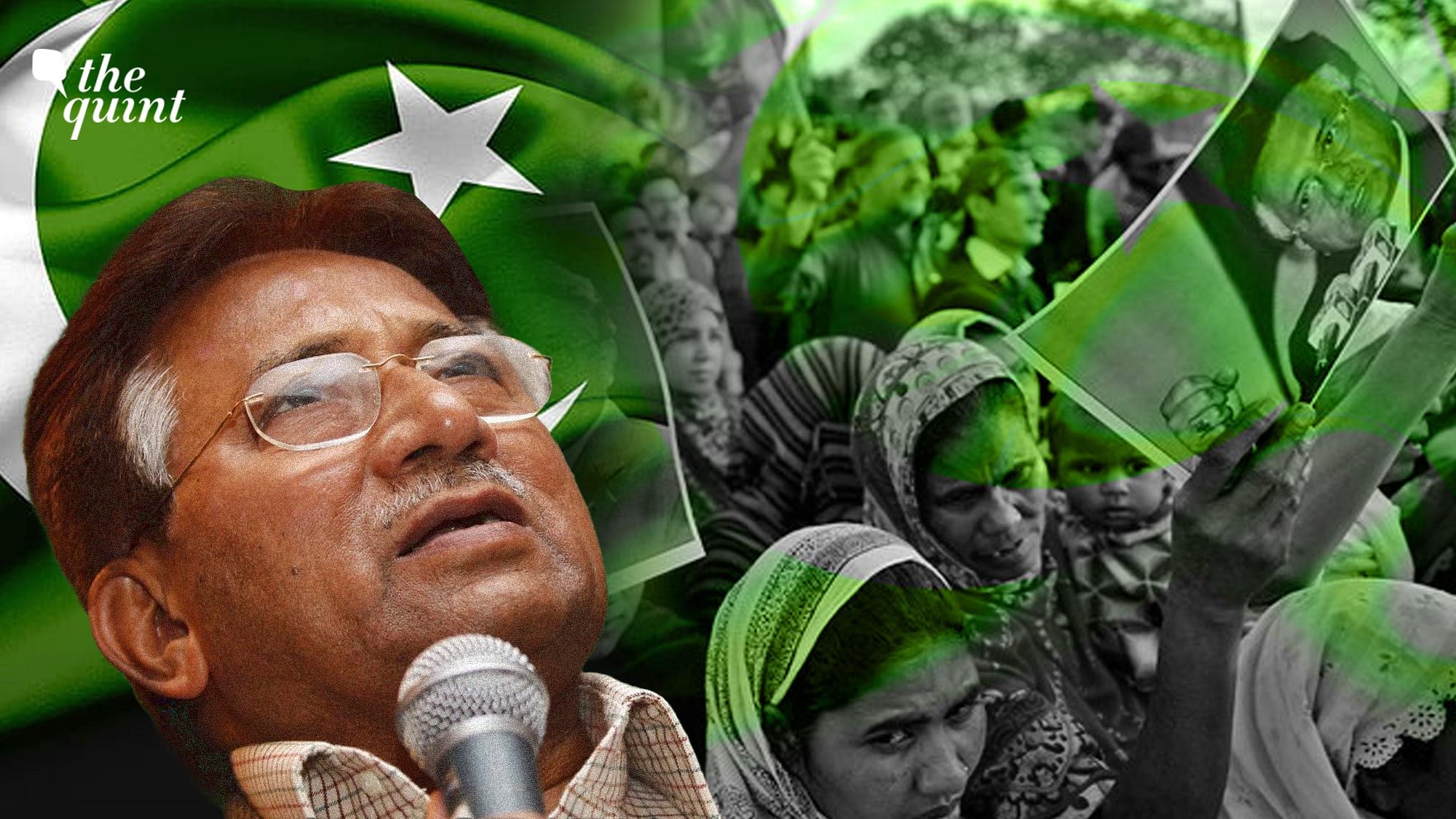
'India Must Watch Out': When Pervez Musharraf Weighed In on Pakistan & Terrorism
The Quint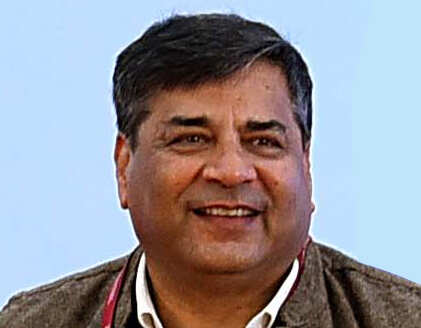
Pak PM’s overtures may not be a sign of deception or desperation
Times of India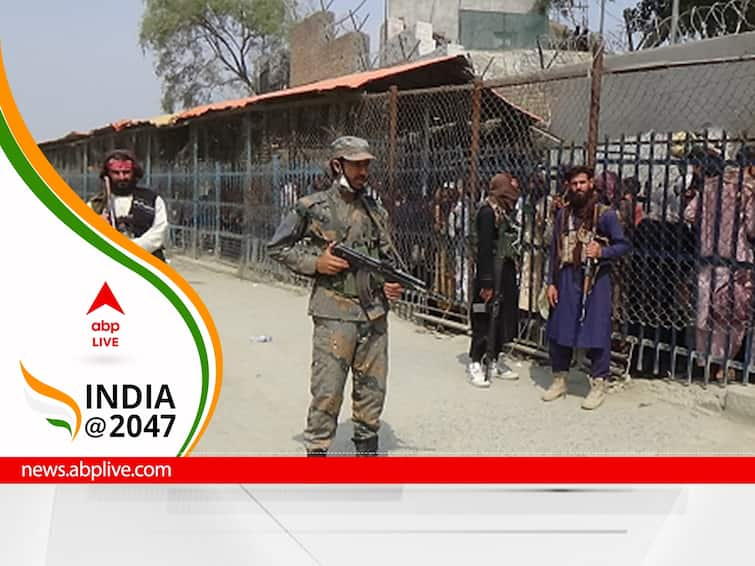
Why Tension Between Pakistan And Afghanistan Over TTP Could Be 'Dangerous' For India
ABP News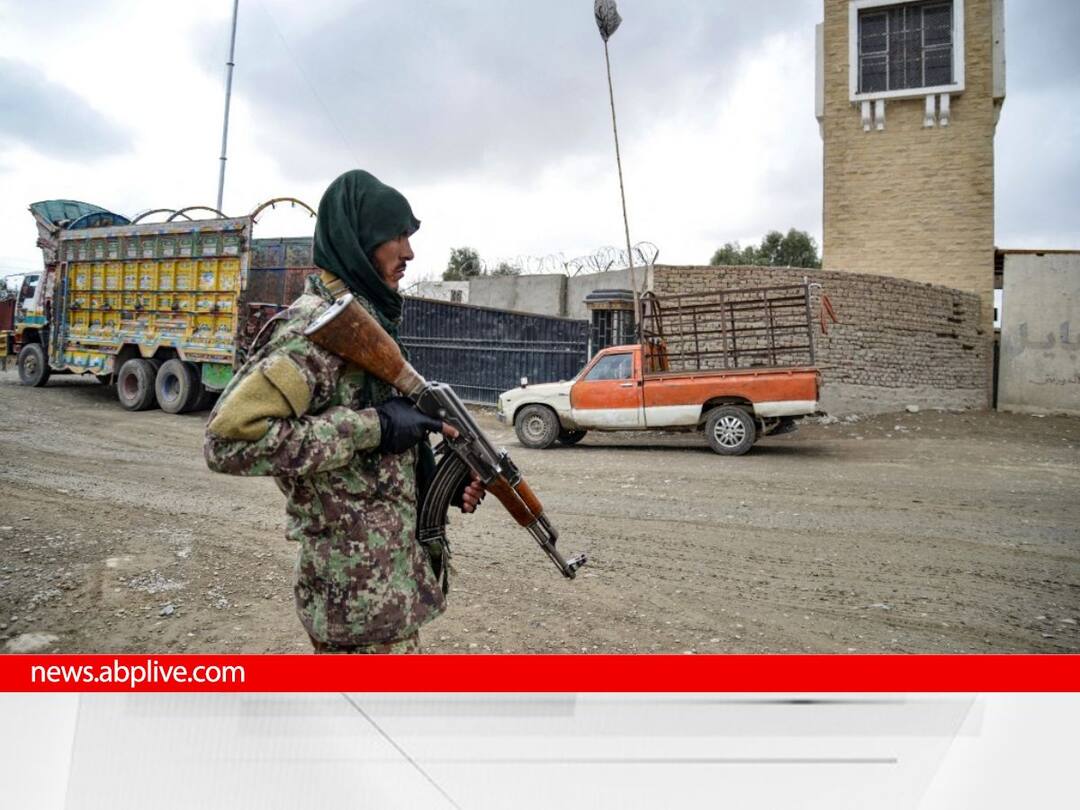
Implications For India As Taliban Becoming Strategic Liability For Pakistan, Making Af-Pak Region More Unstable
ABP News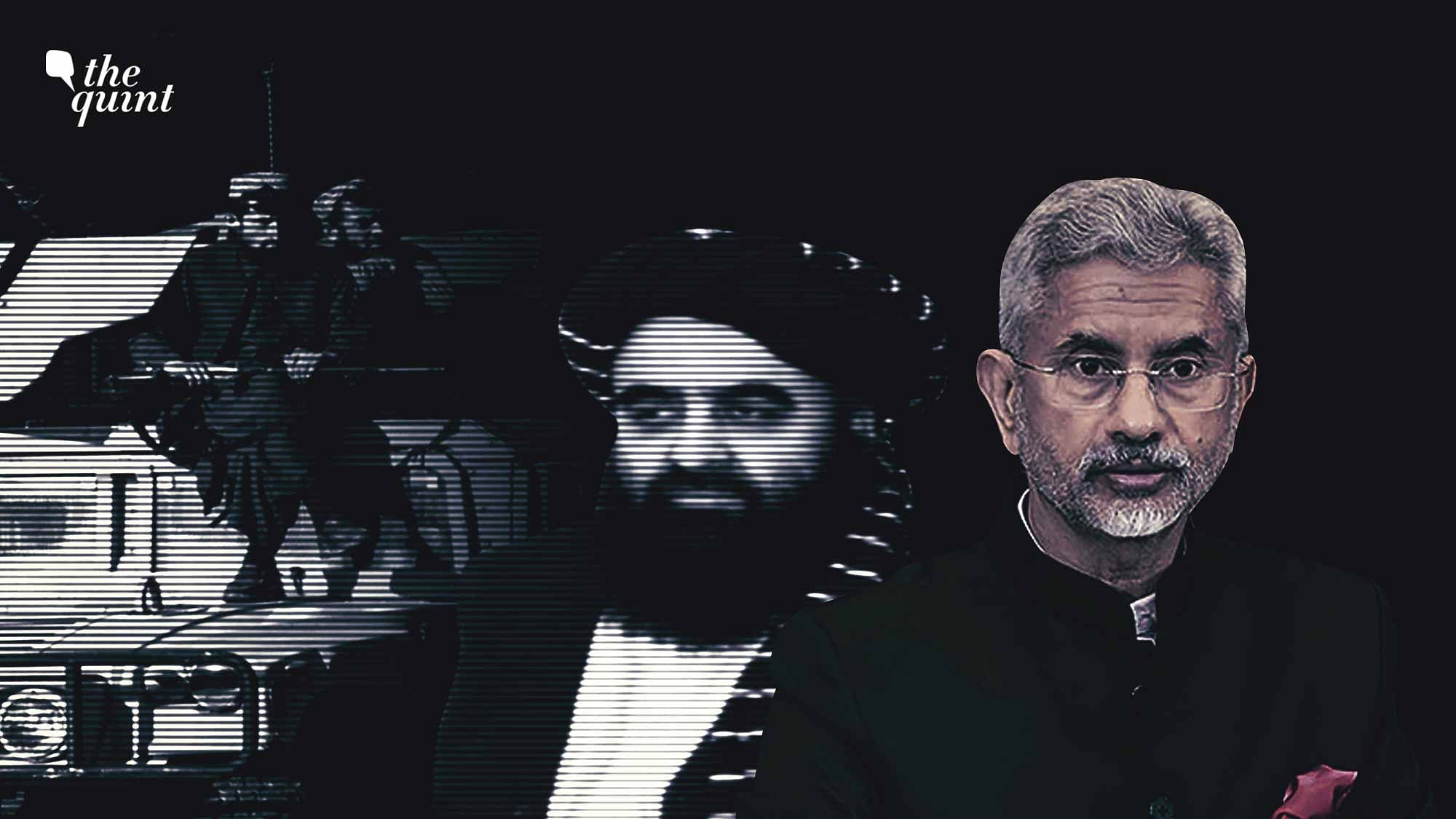
India-Kabul Ties: As Taliban & Pakistan Draw Swords, Can Delhi Maintain Stand?
The Quint
Aakar Patel | India’s Pakistan obsession: Can doctrine shift to focus on China?
Deccan Chronicle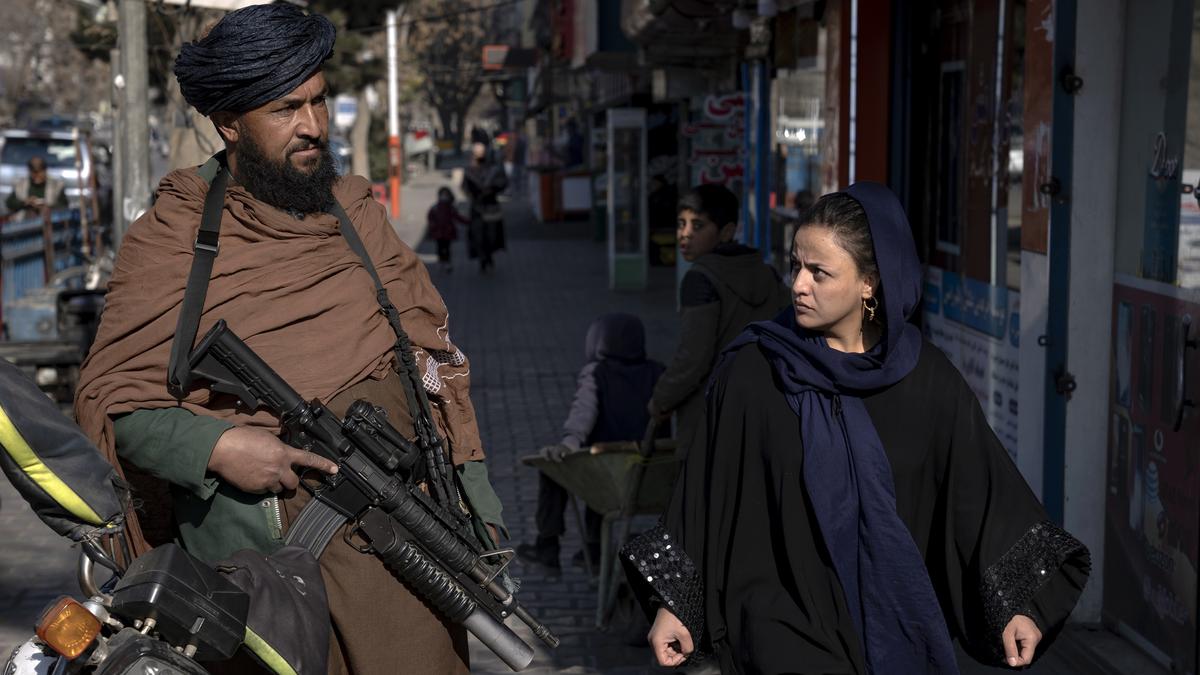
Should India review its position on the Taliban?
The HinduDiscover Related
)
)
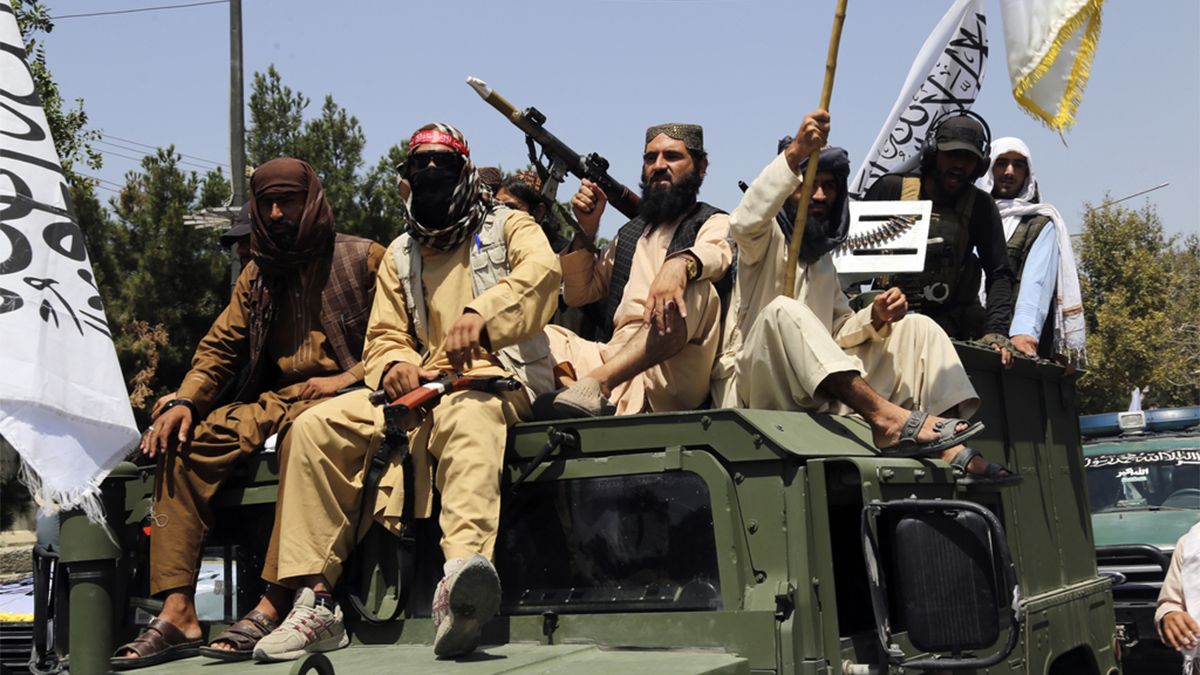)
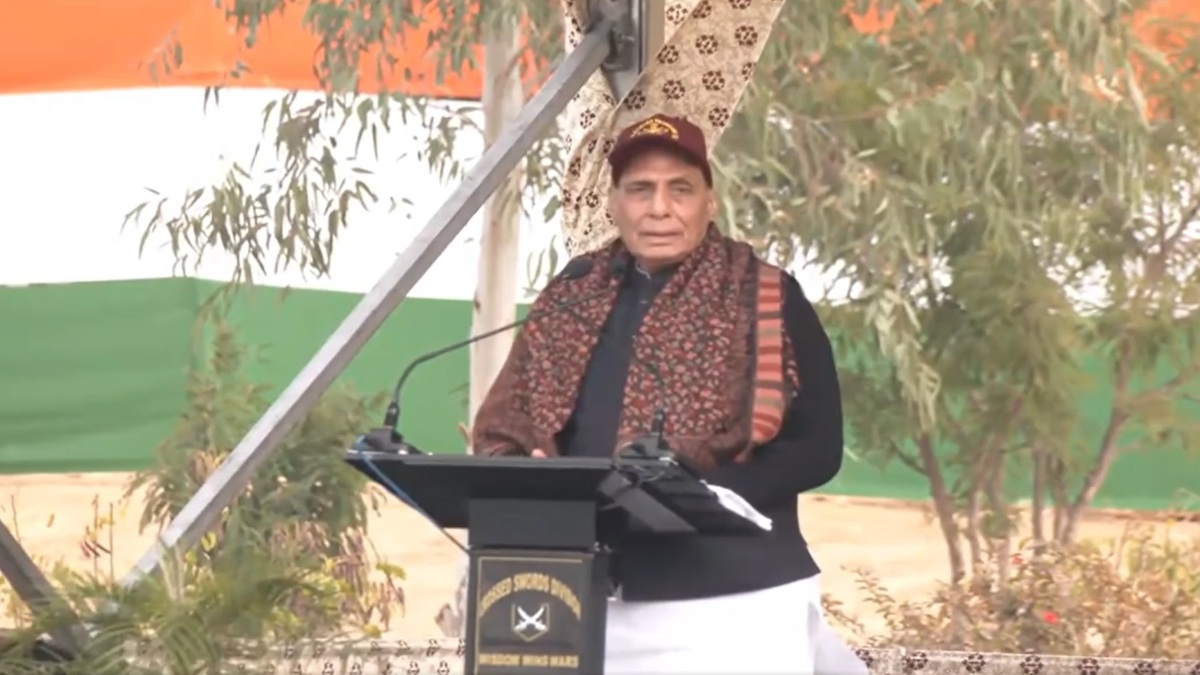
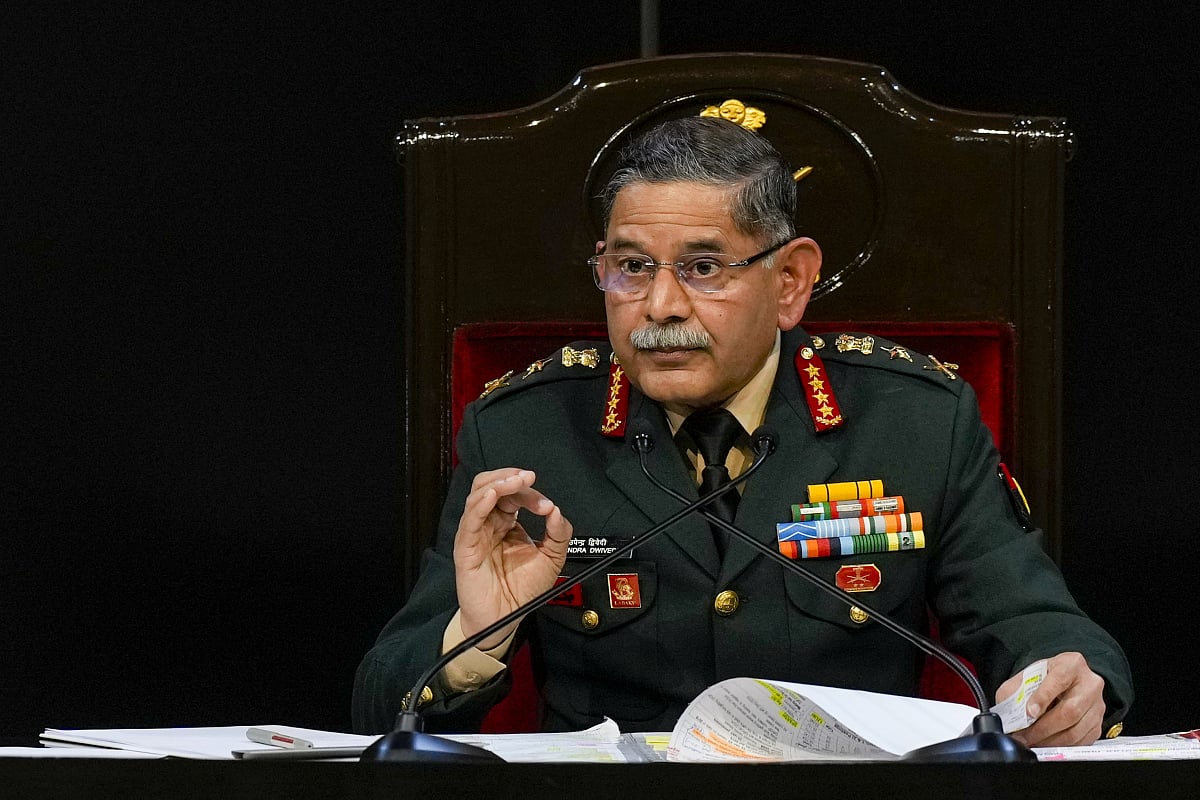


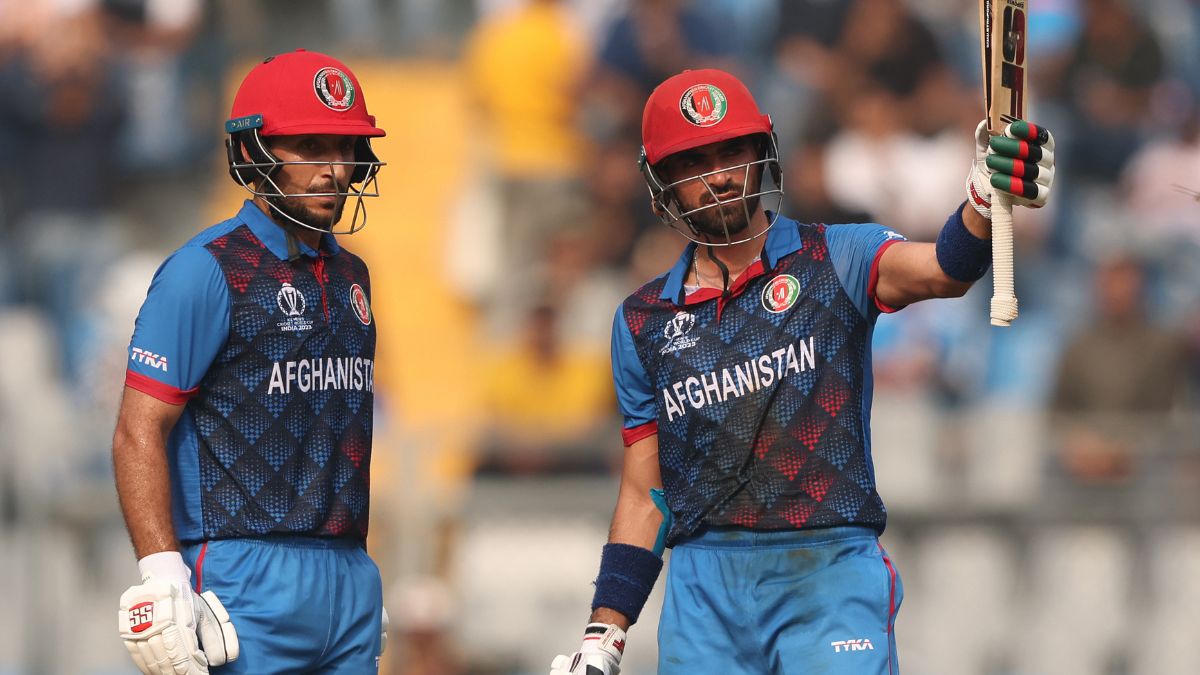
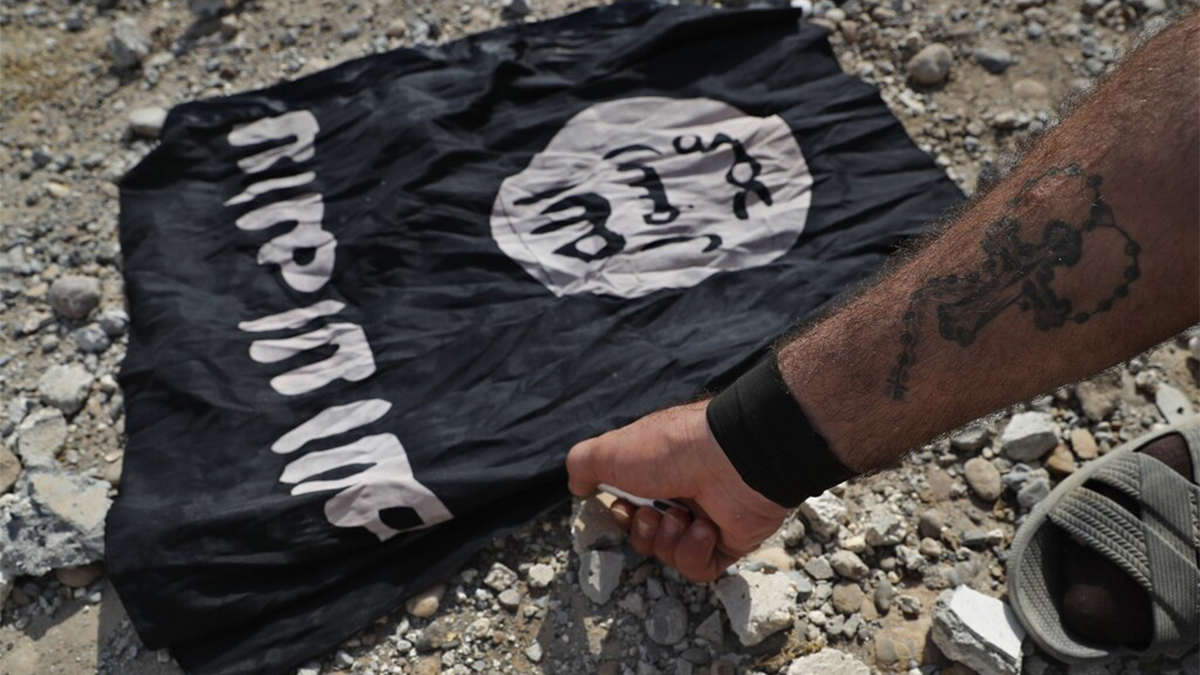)
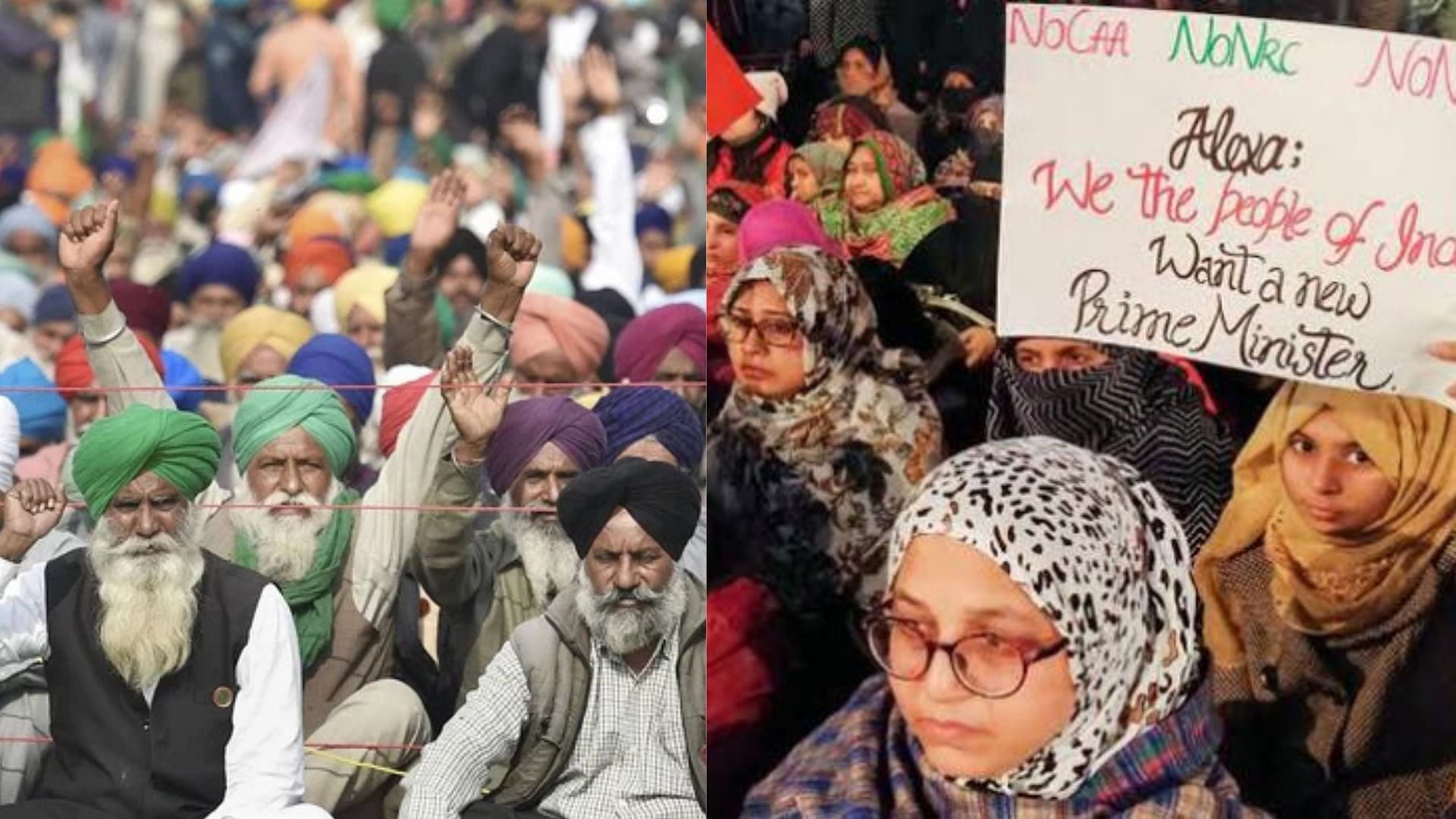


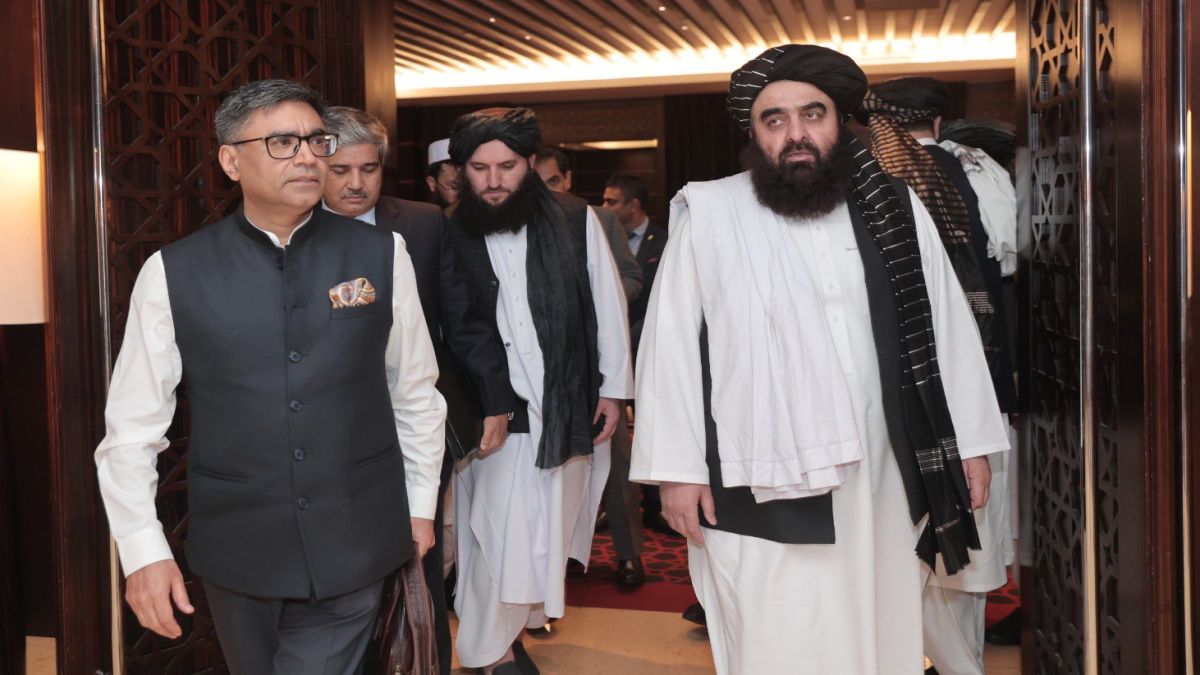)

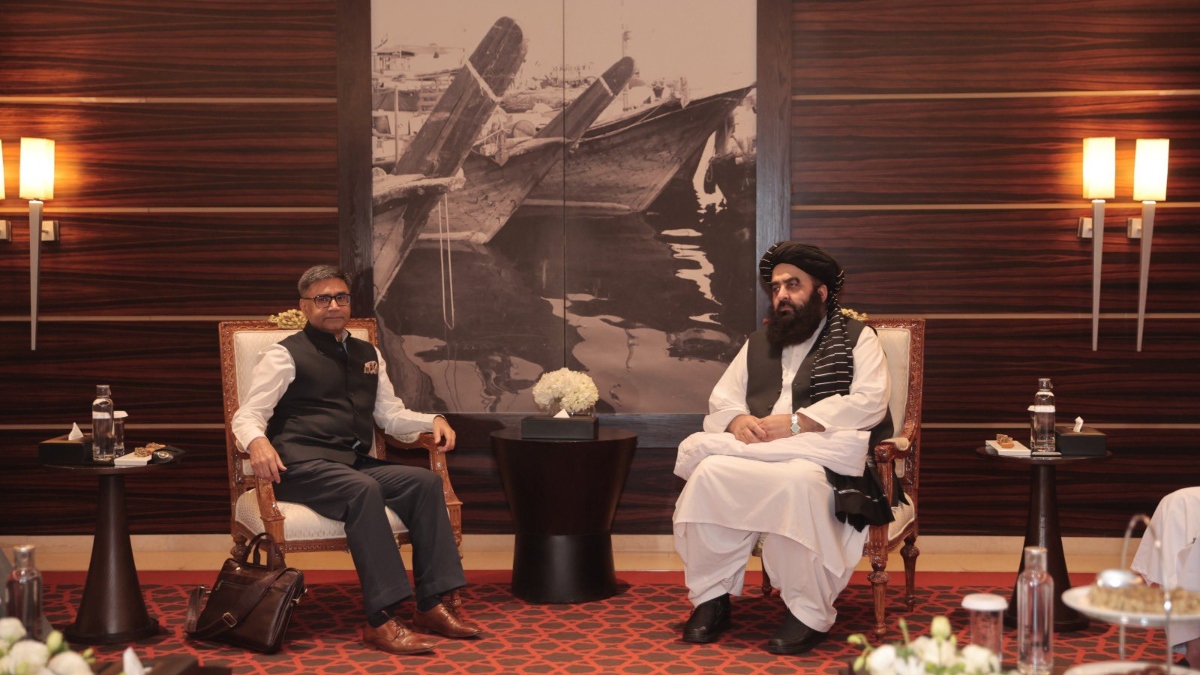
)
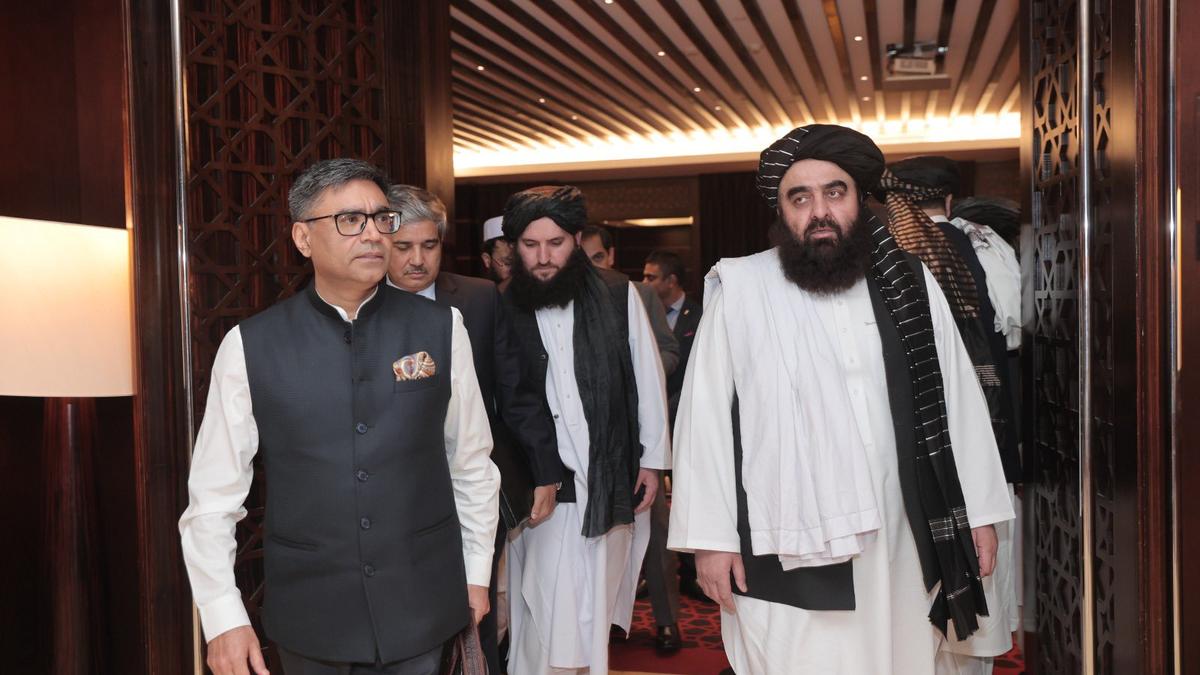

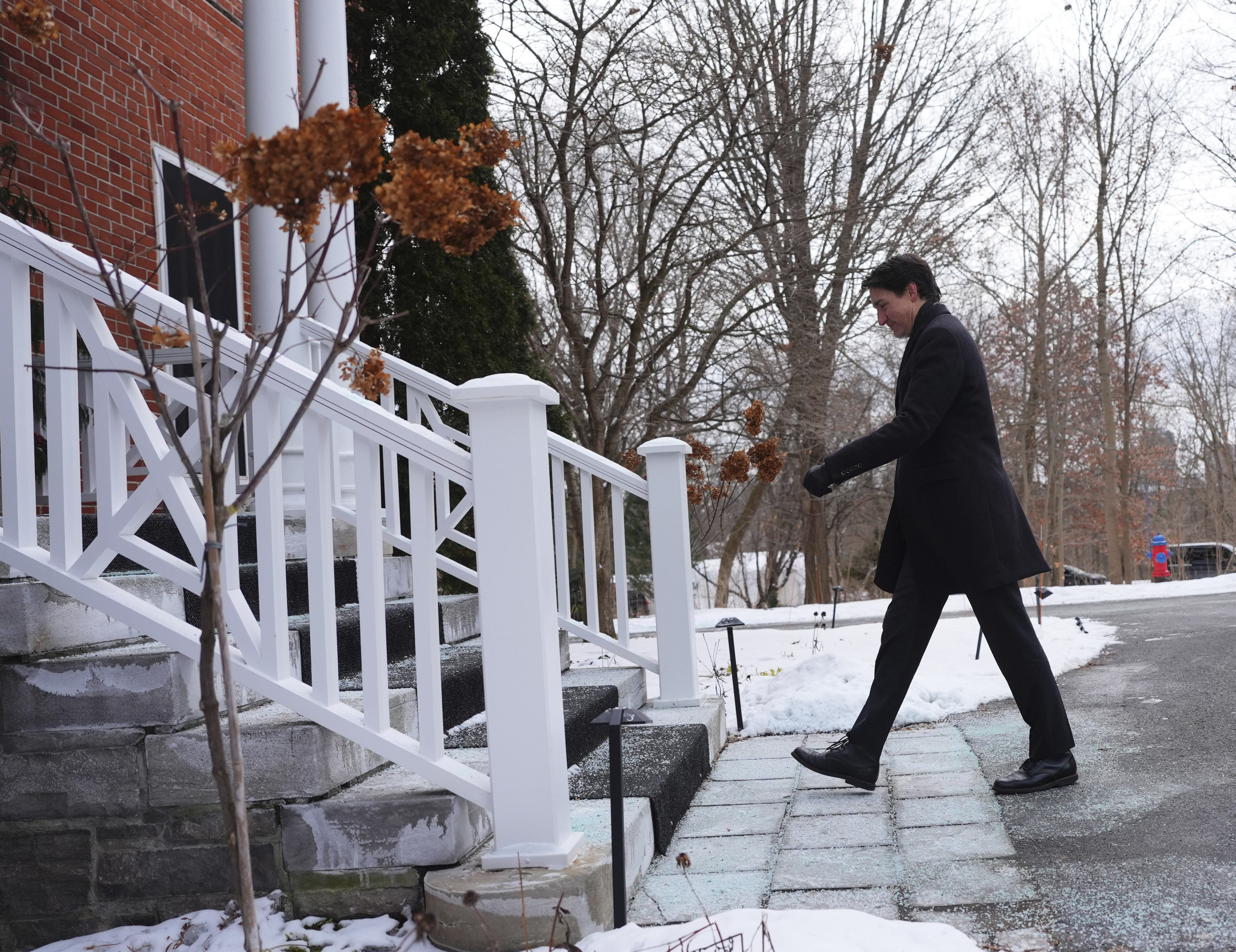
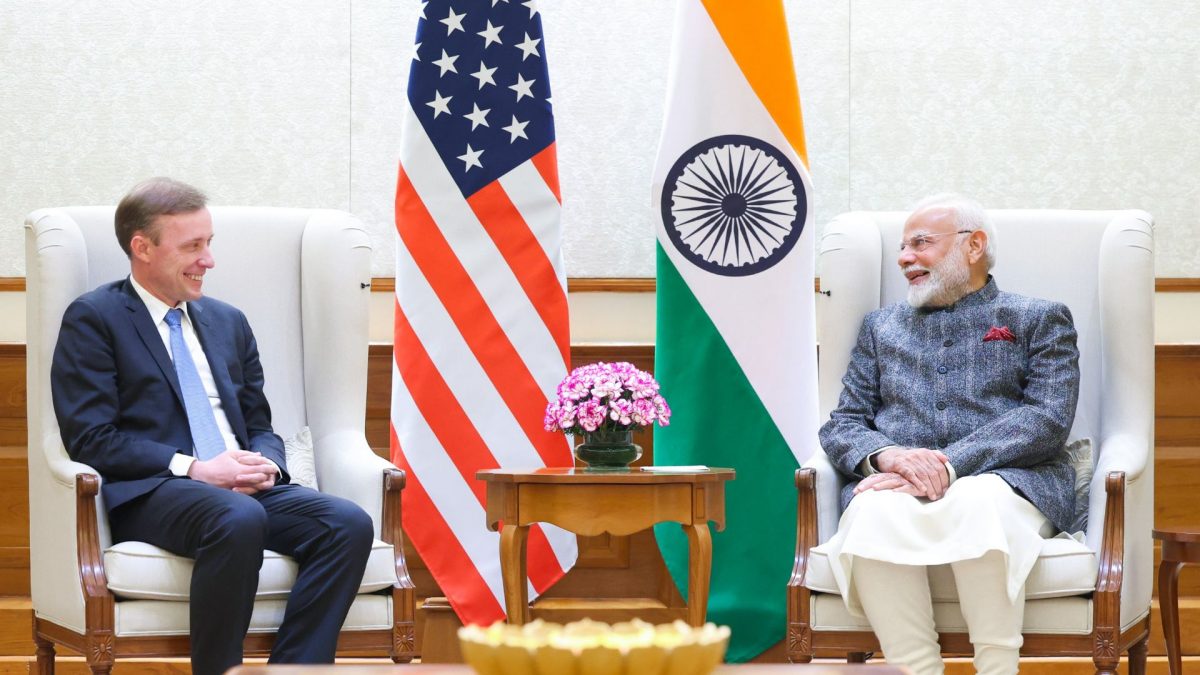)
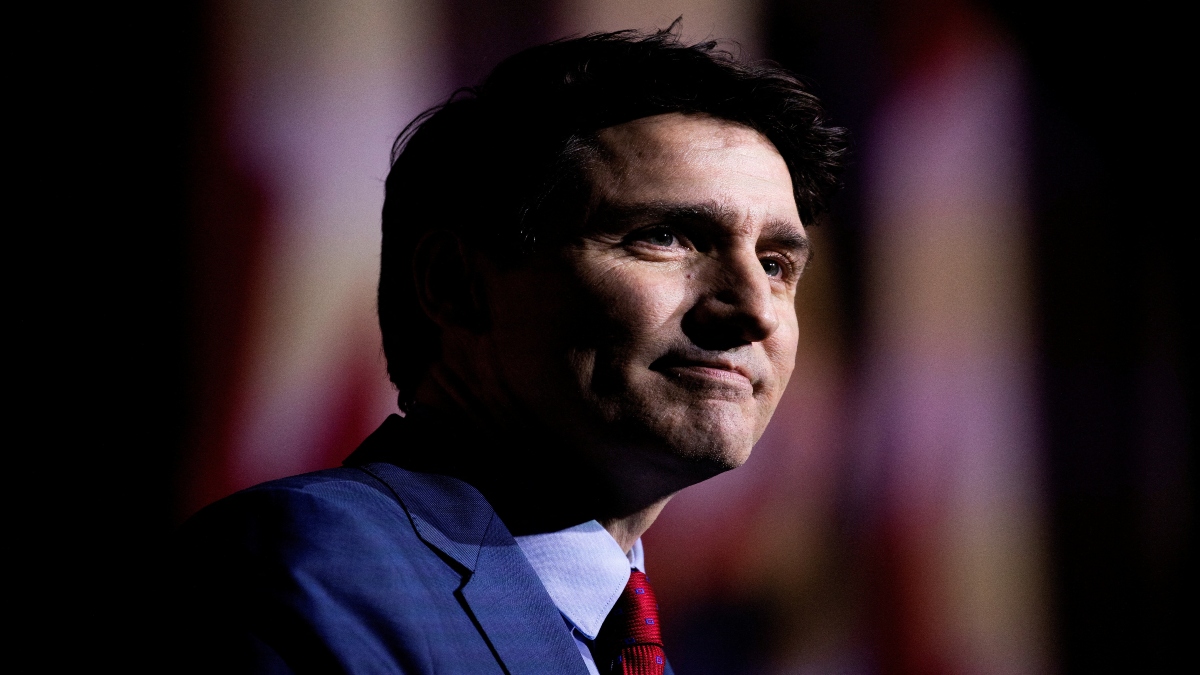)
